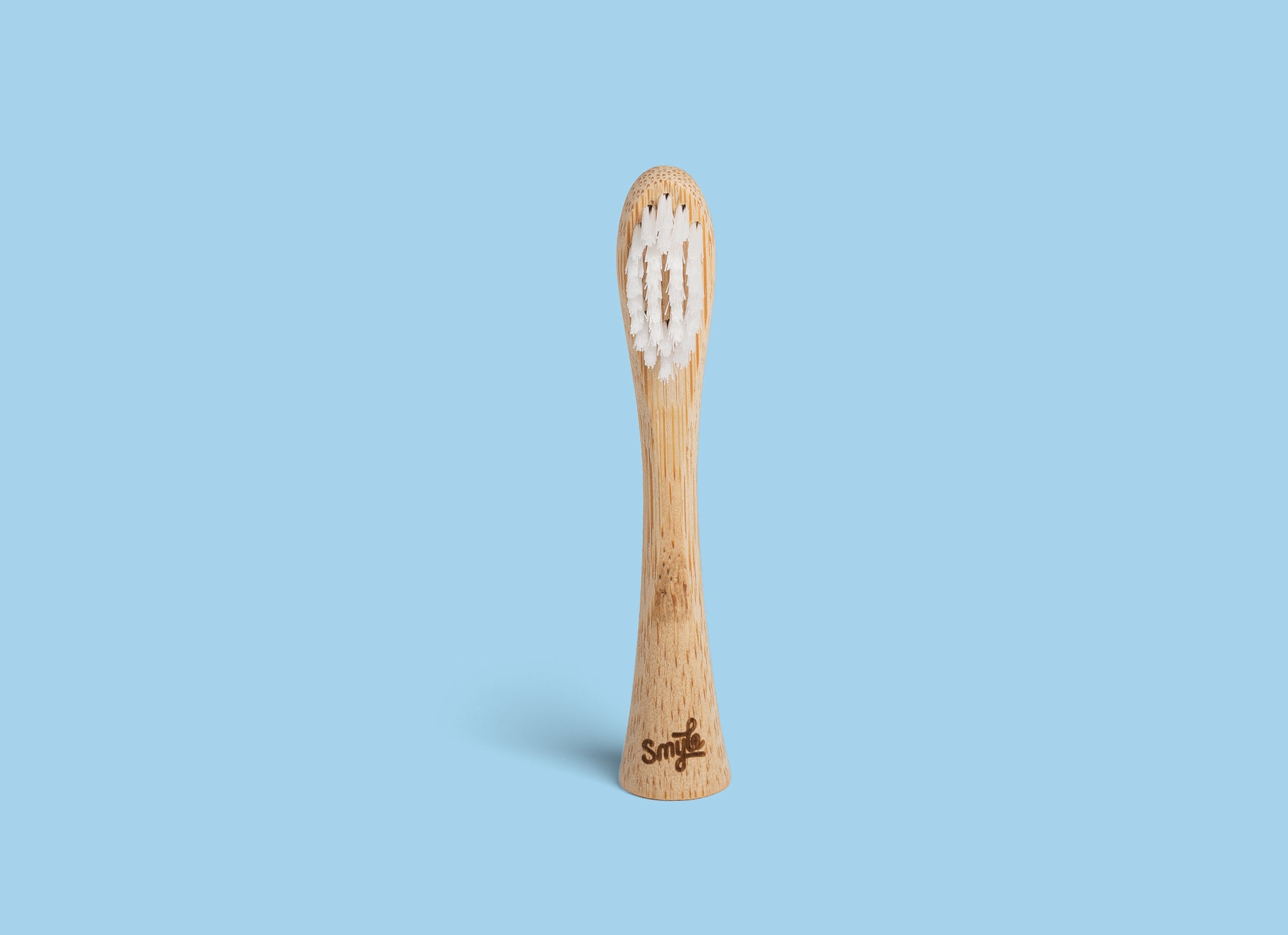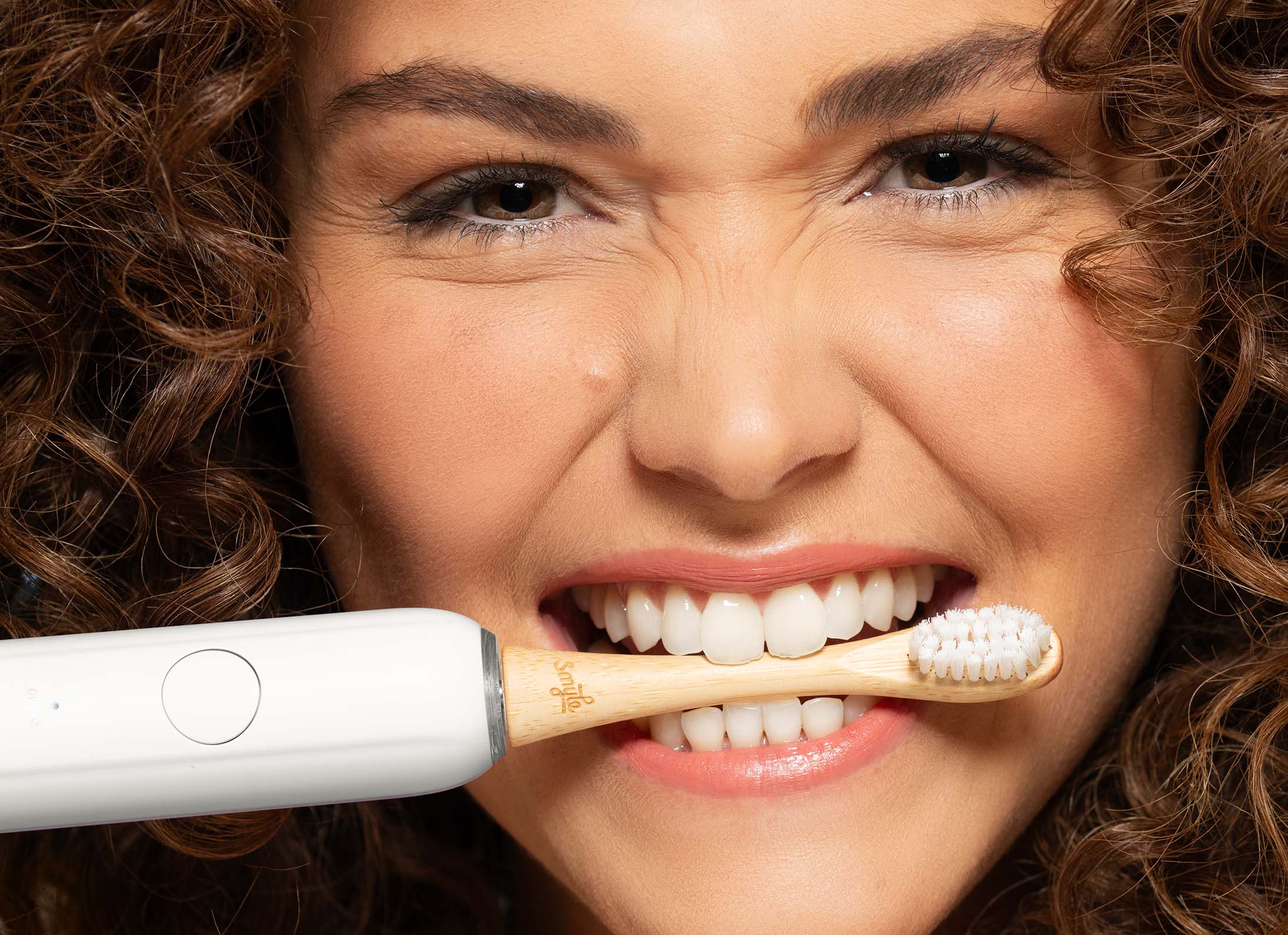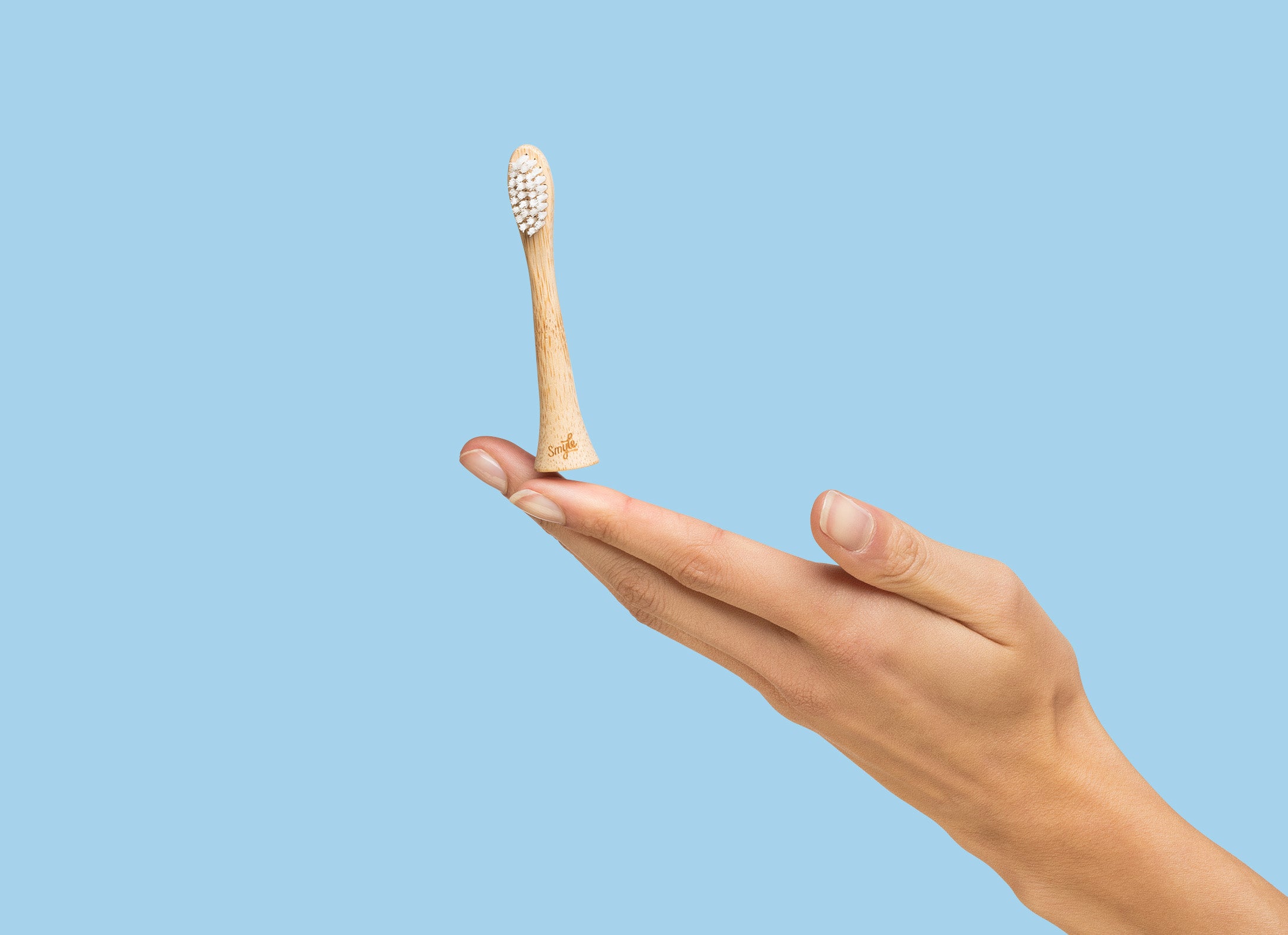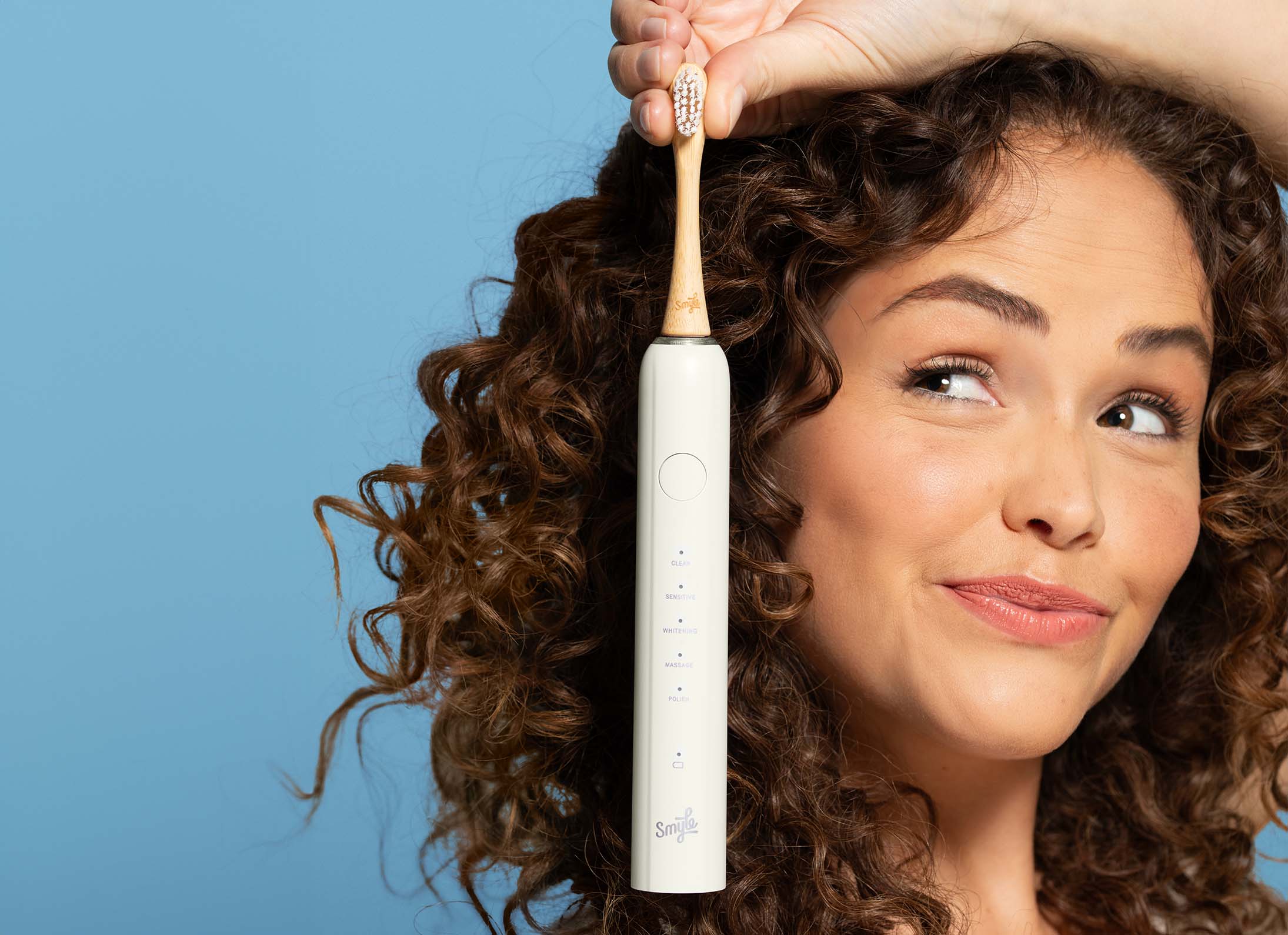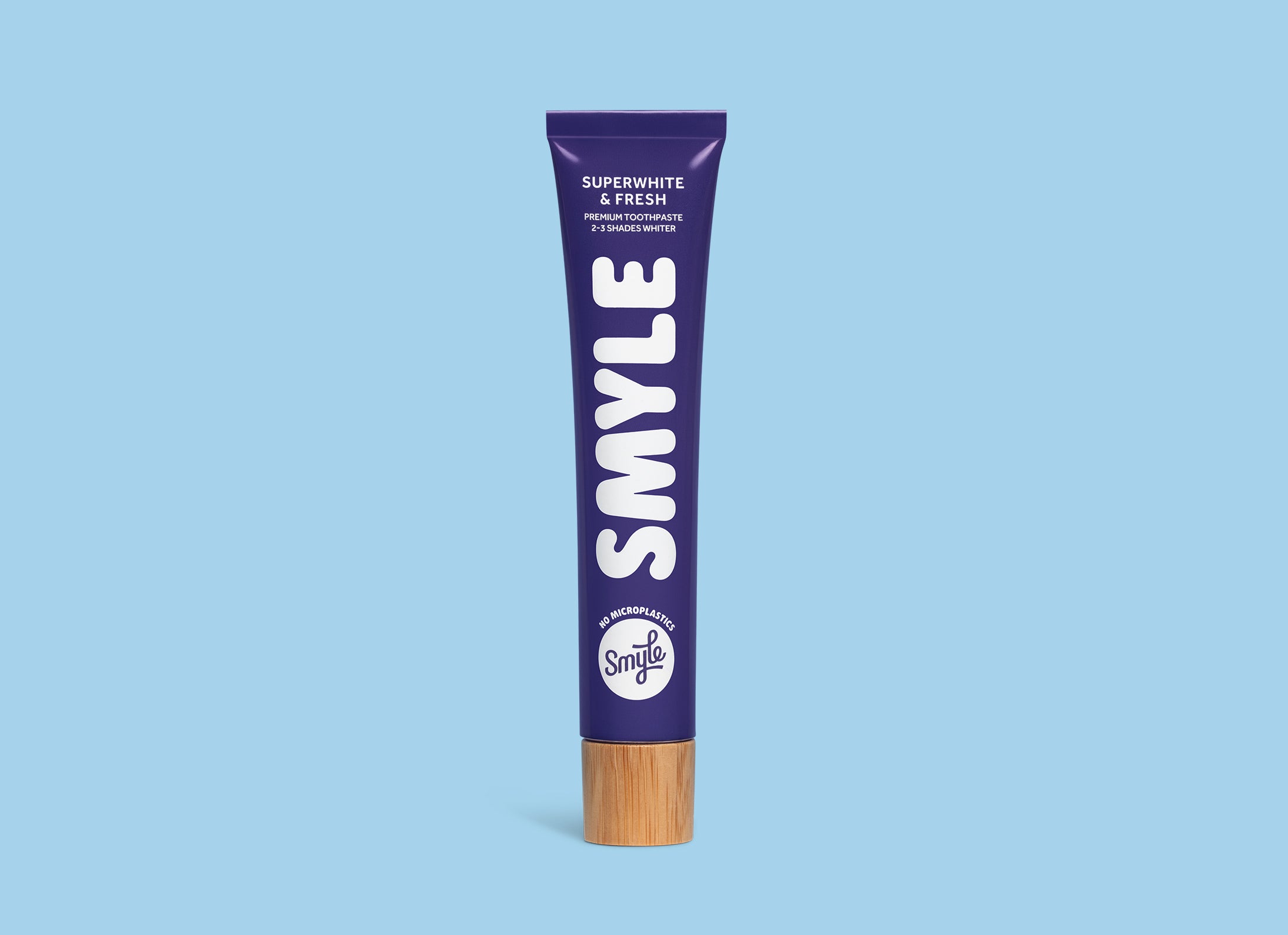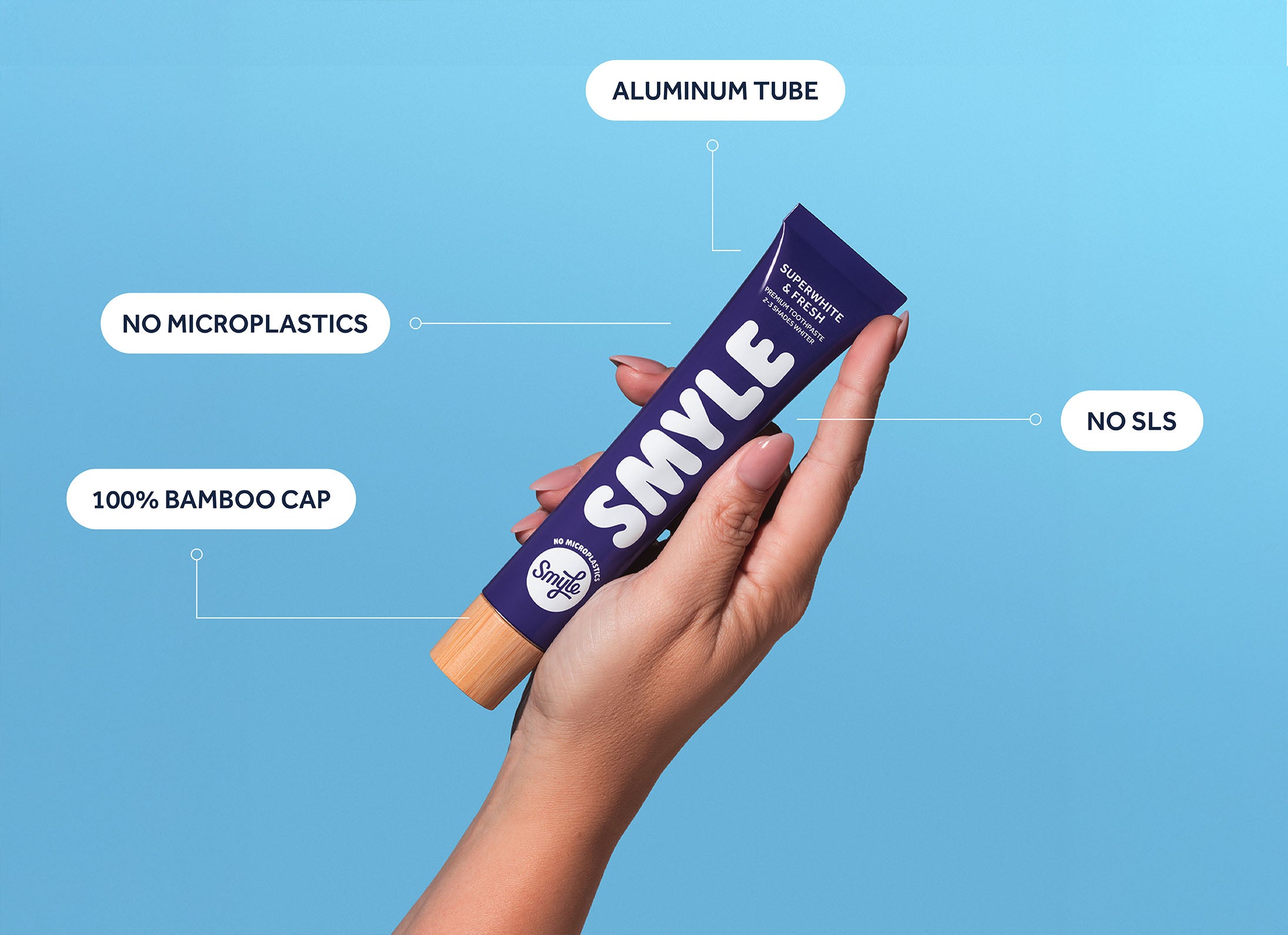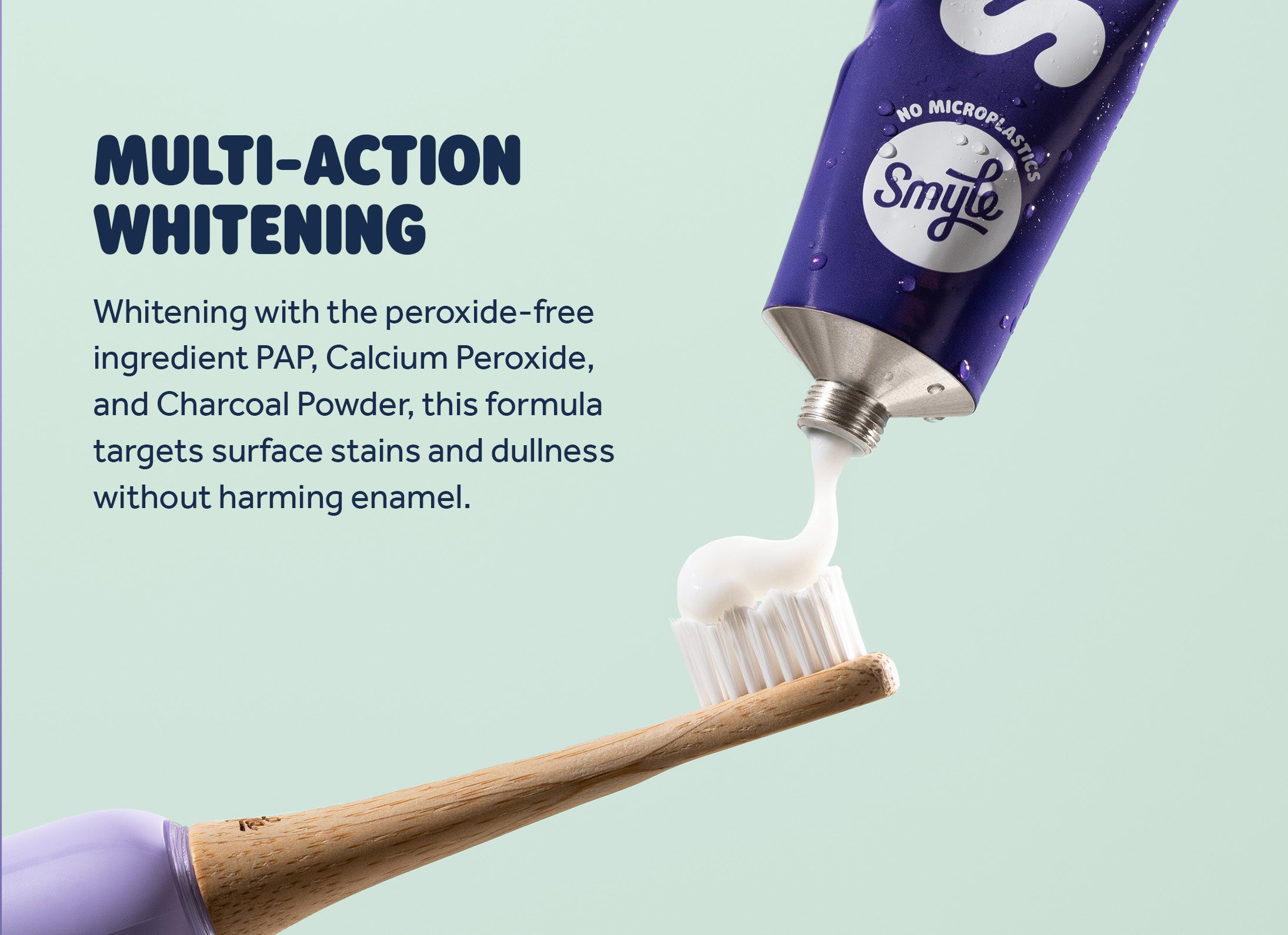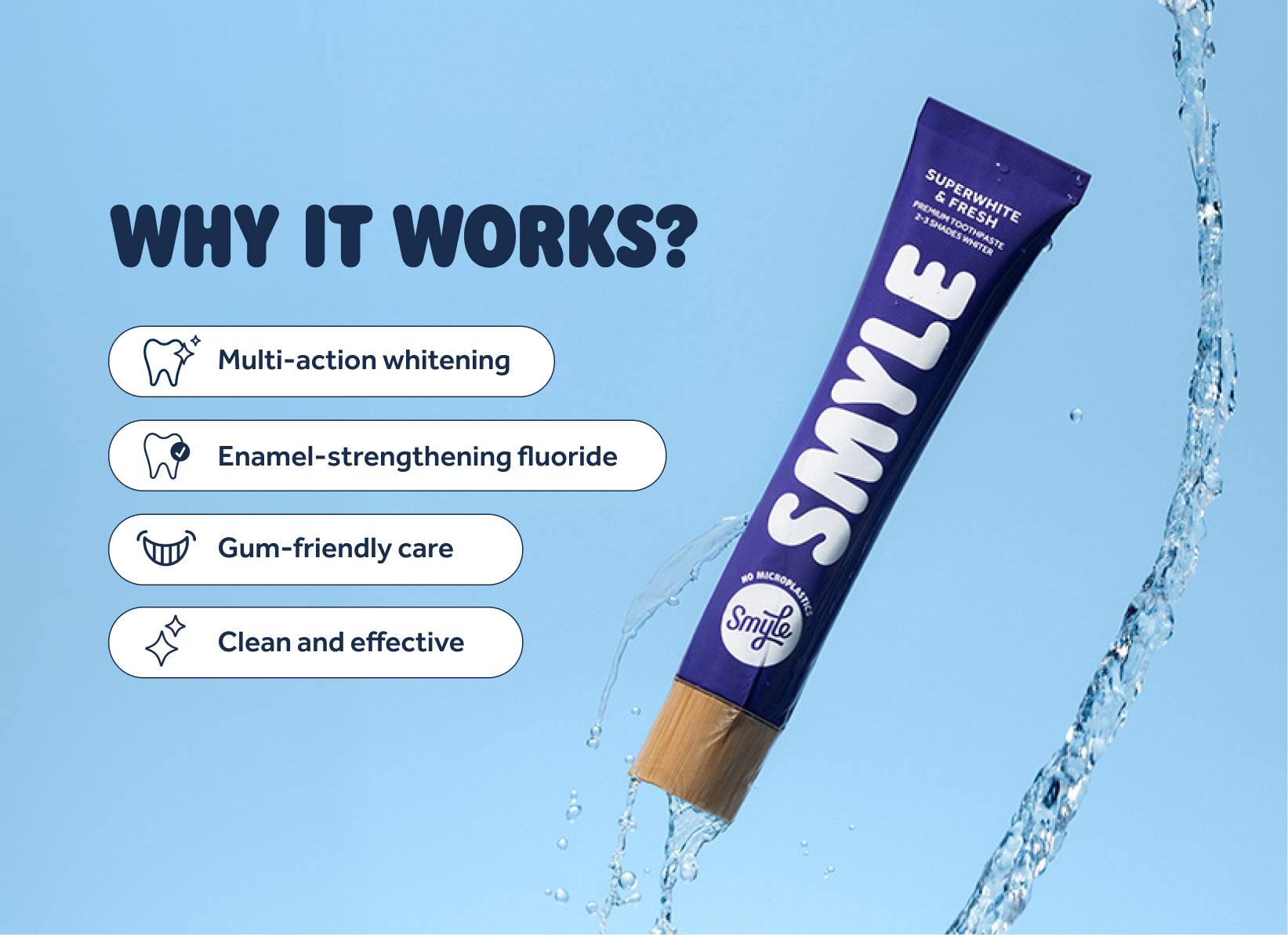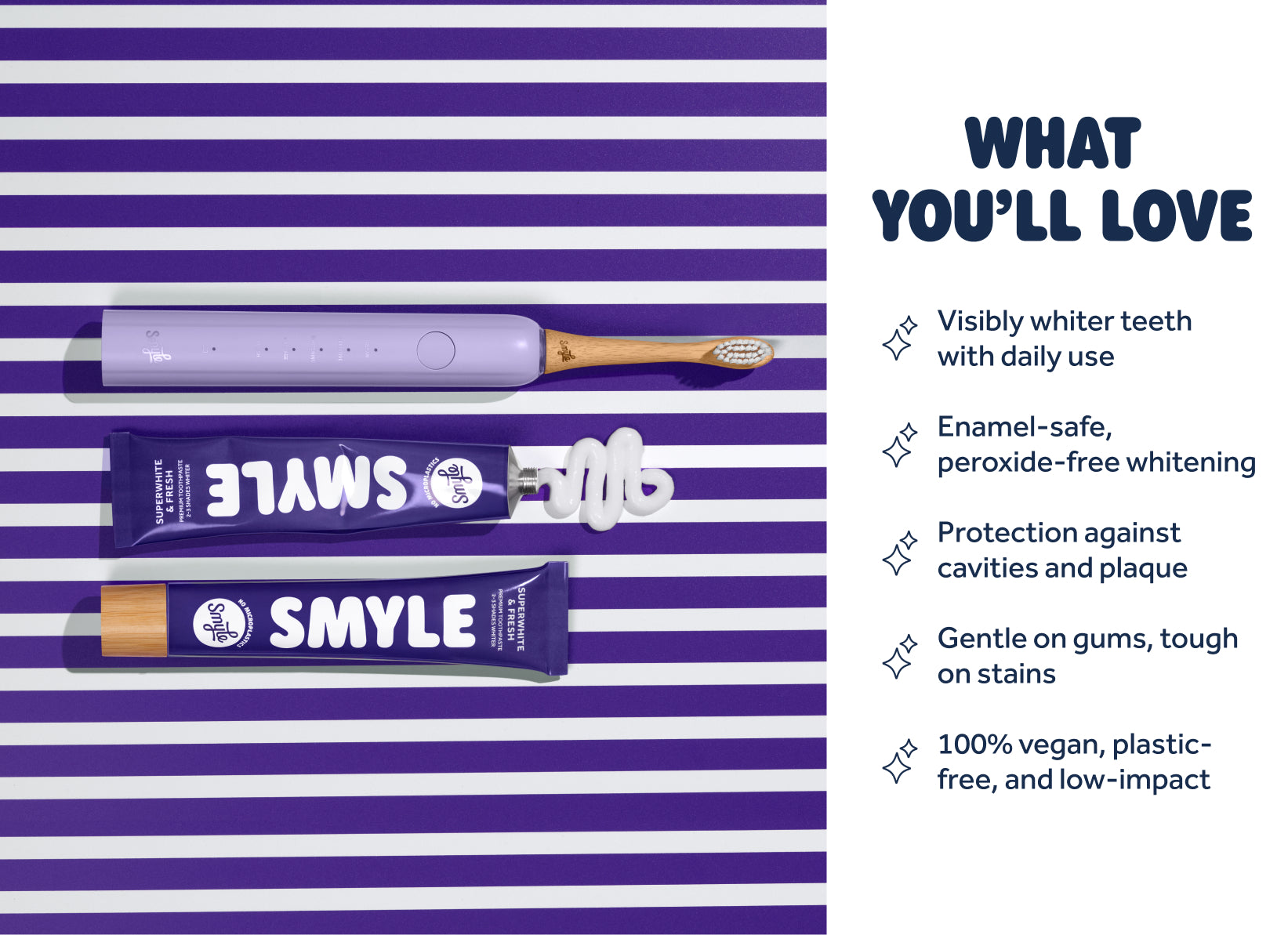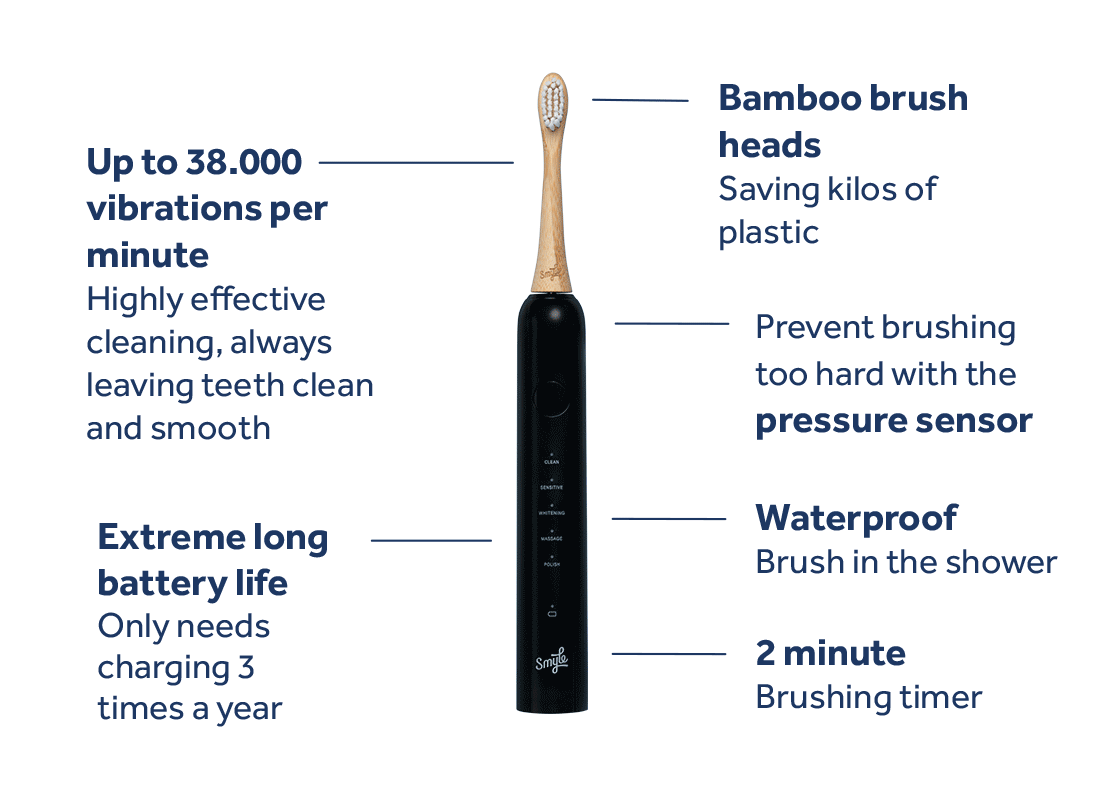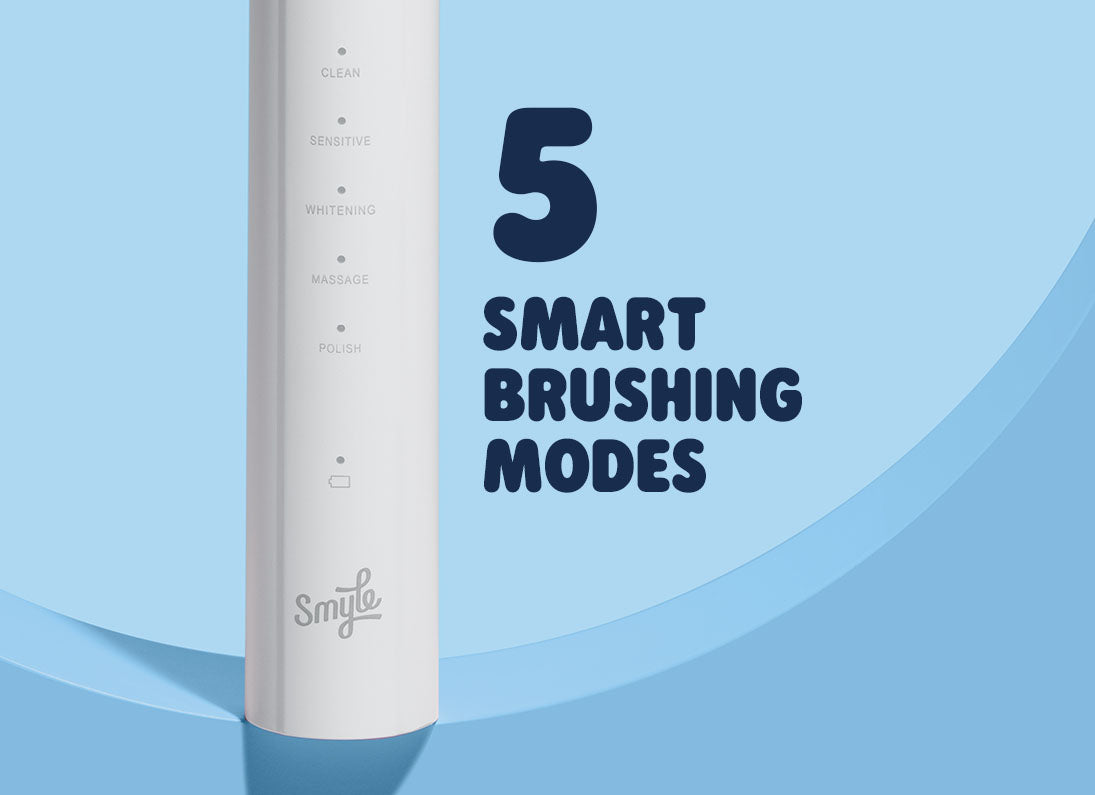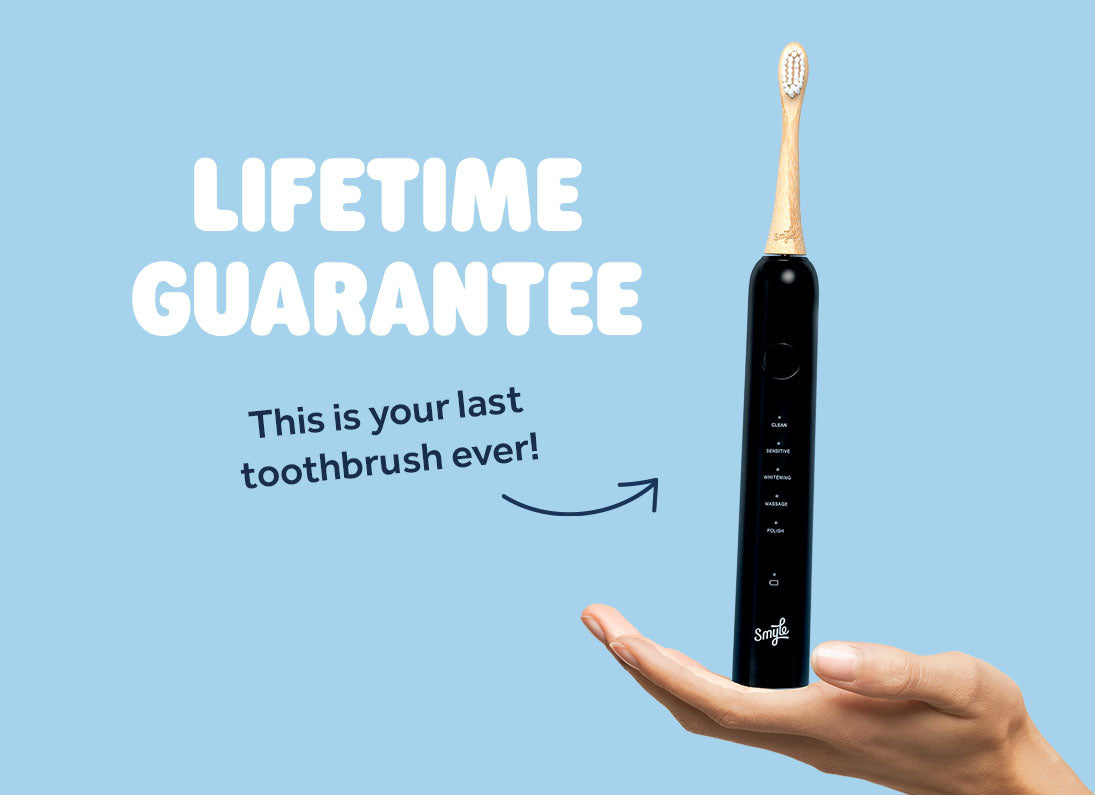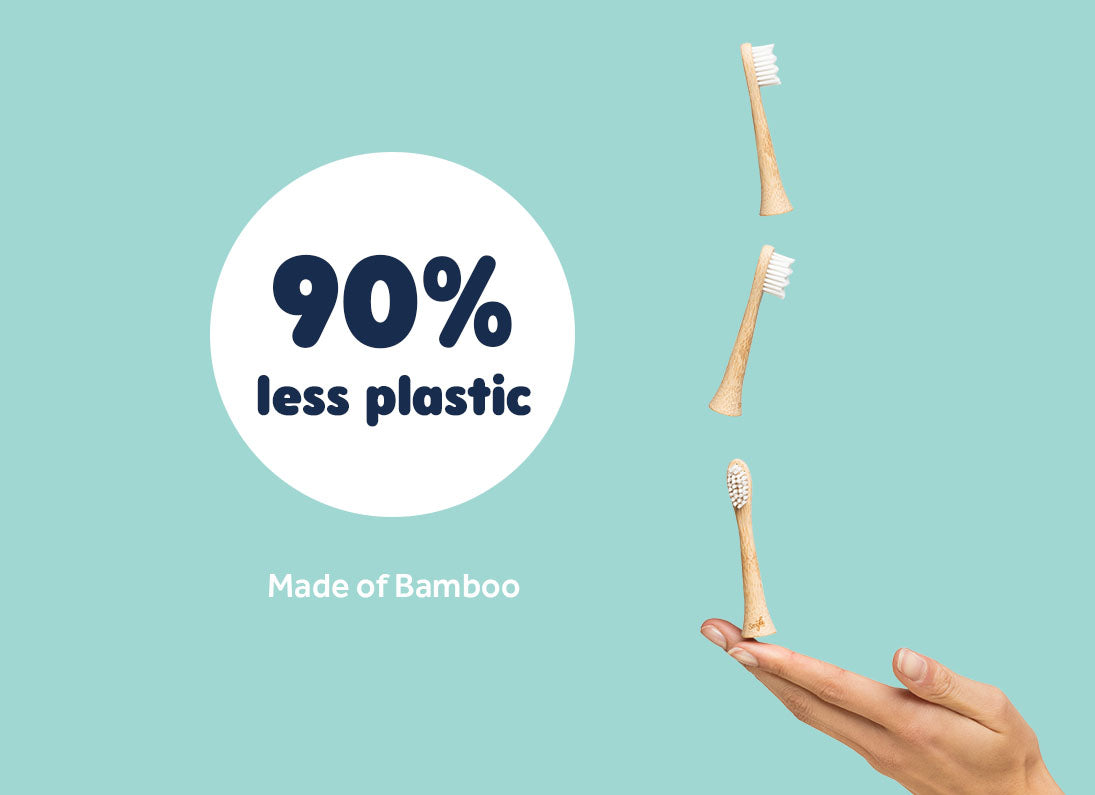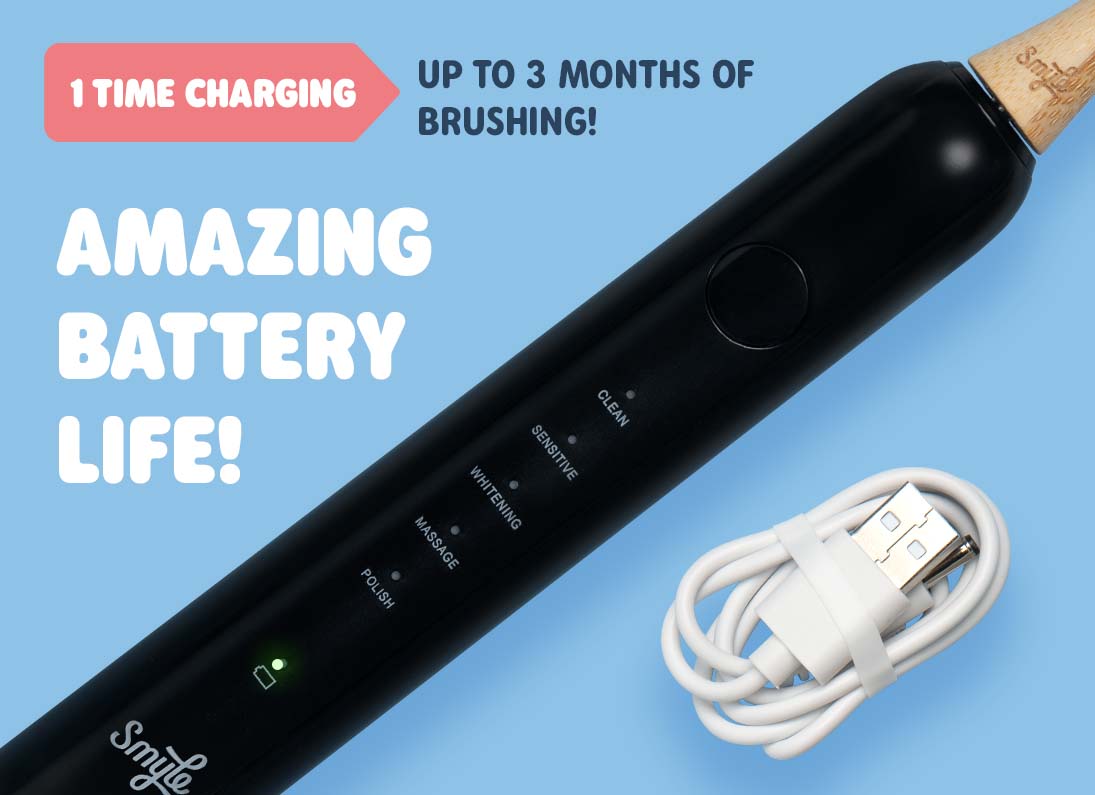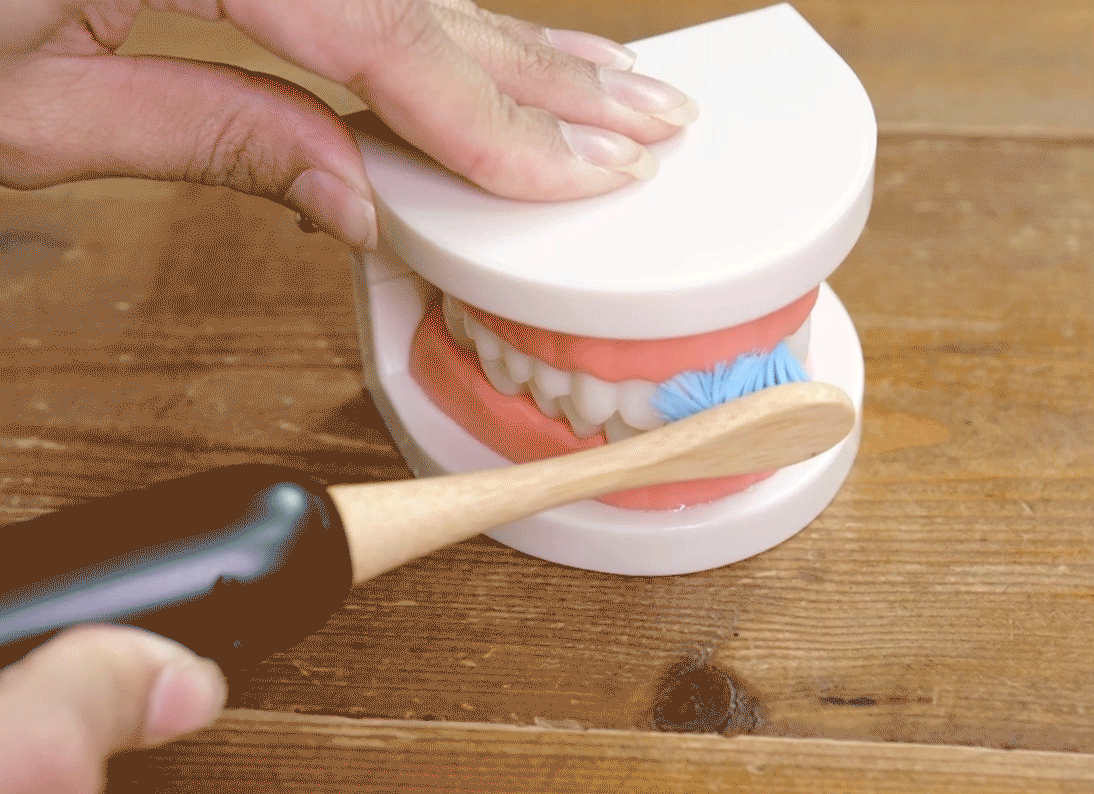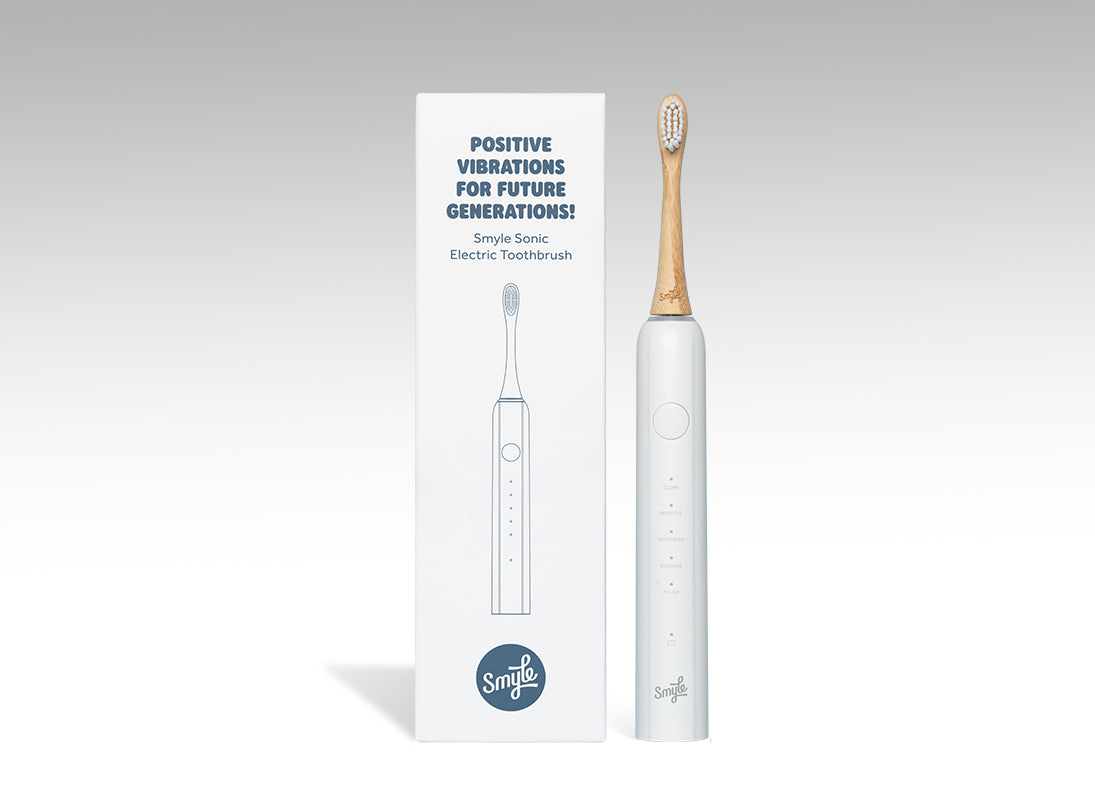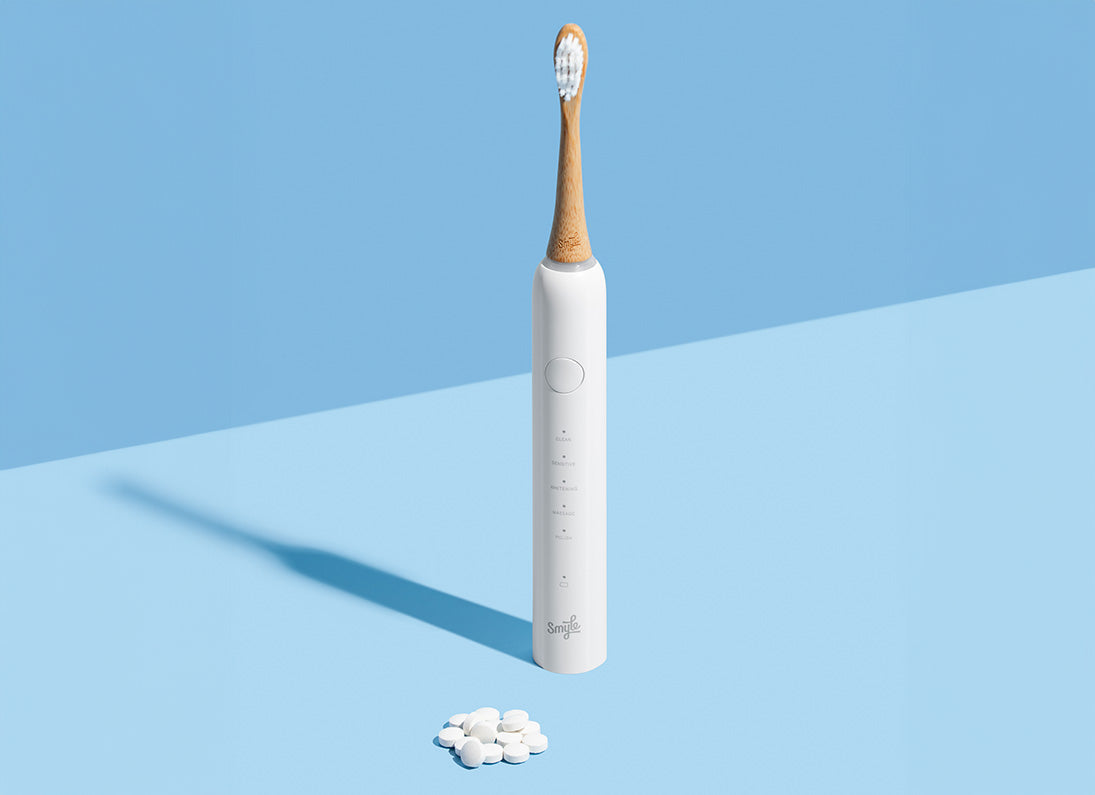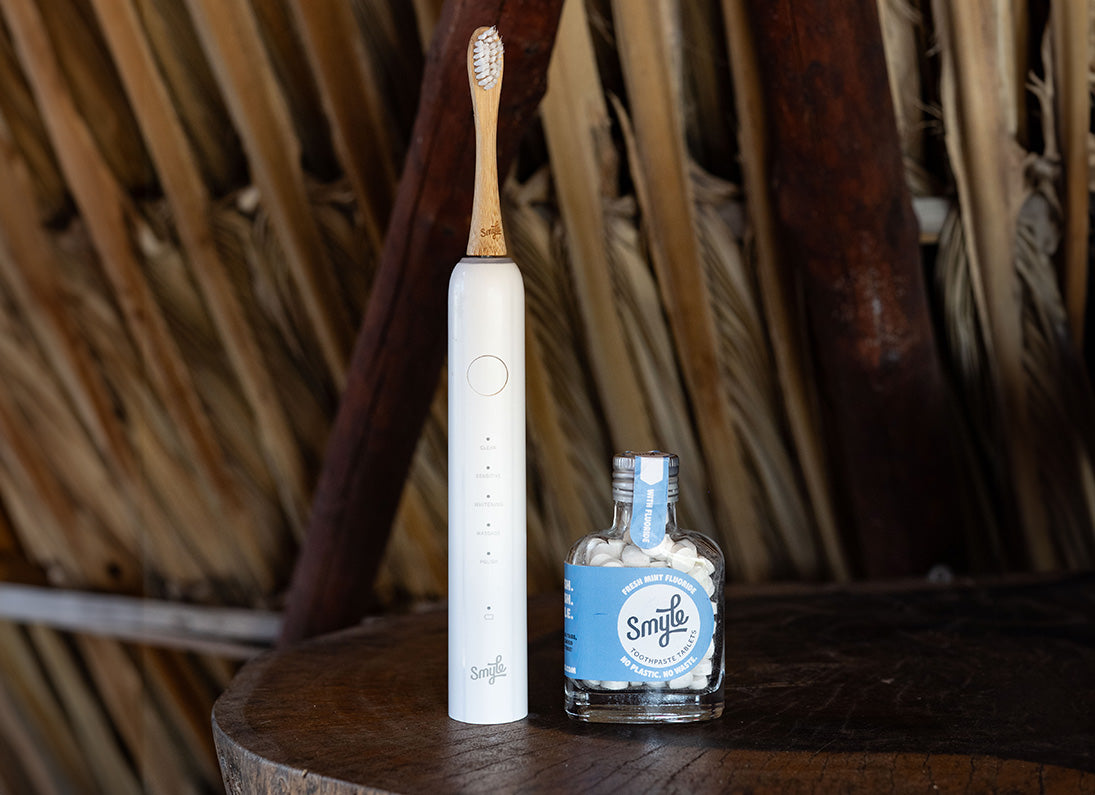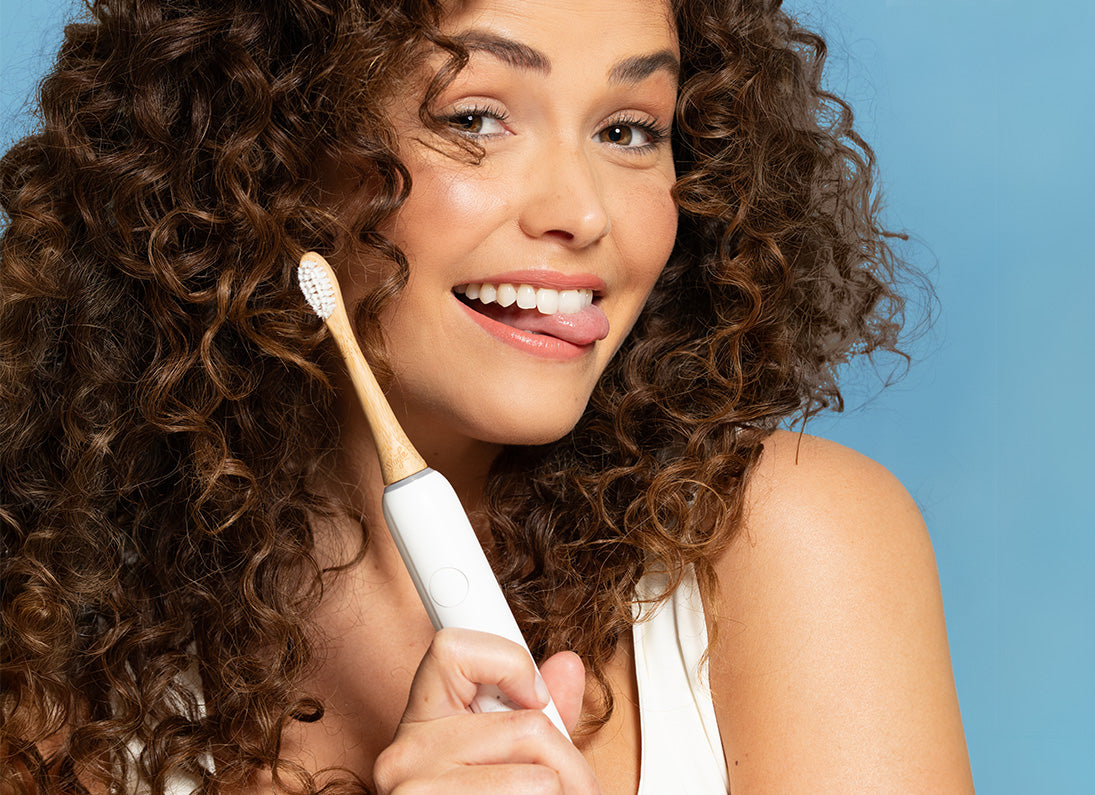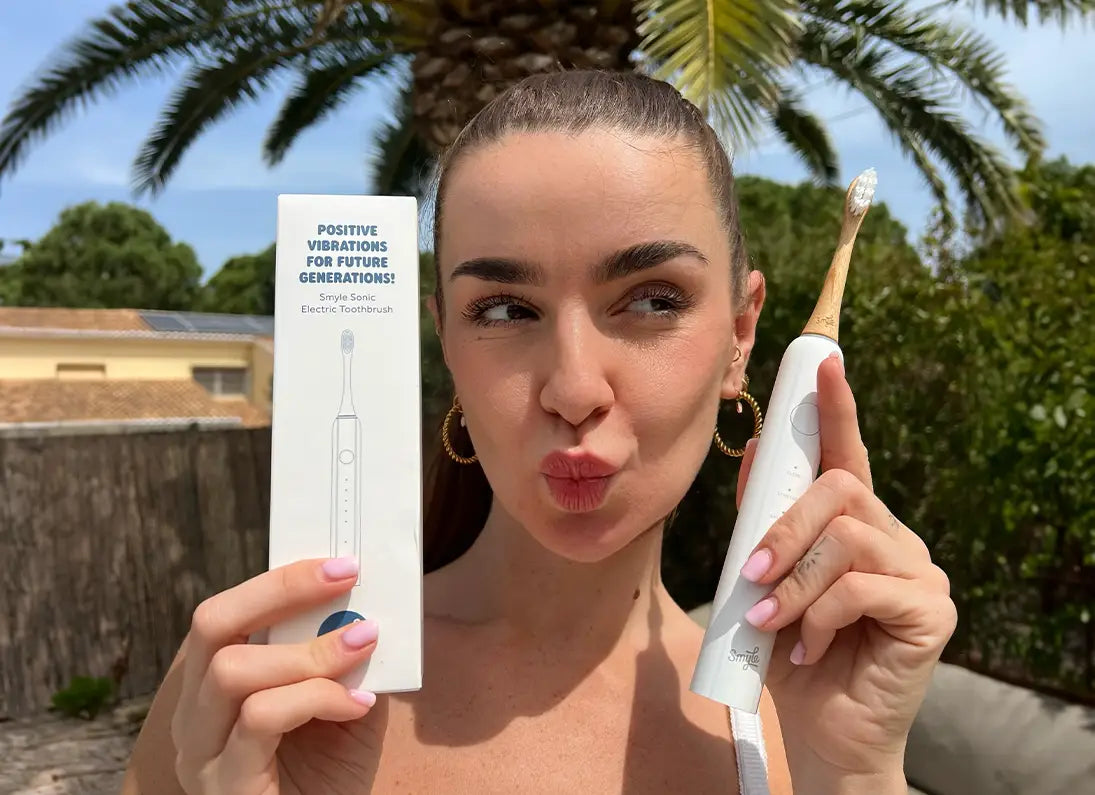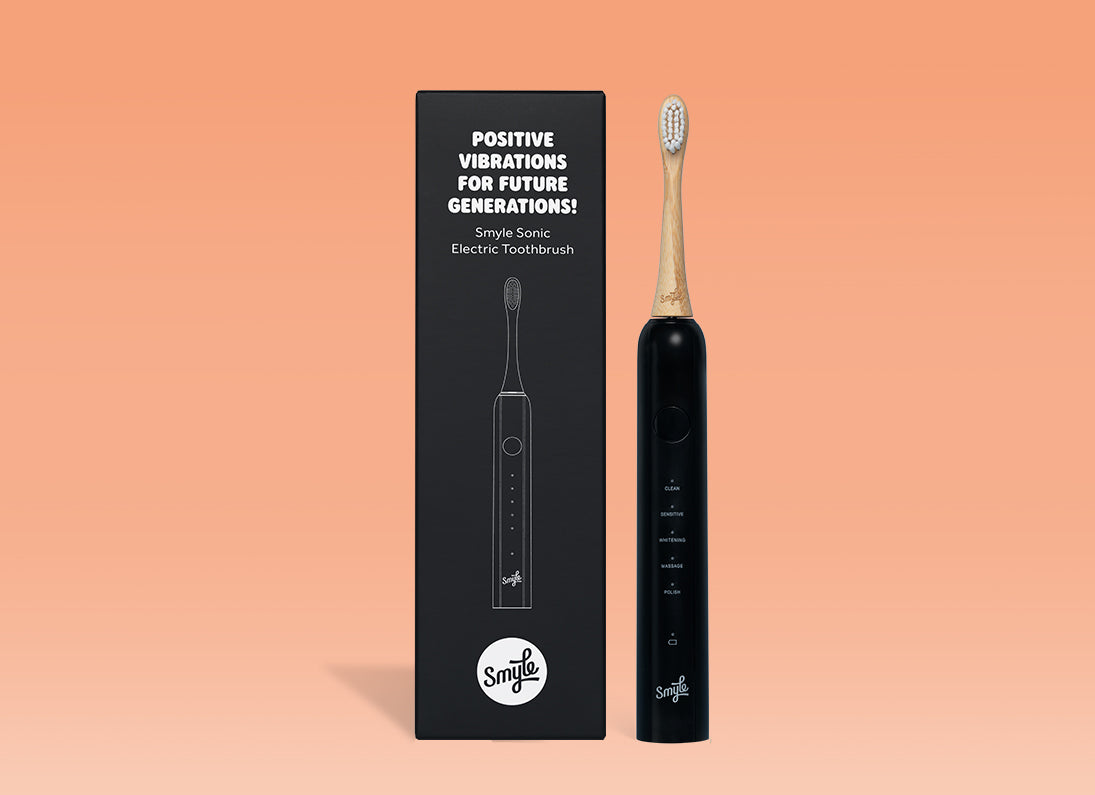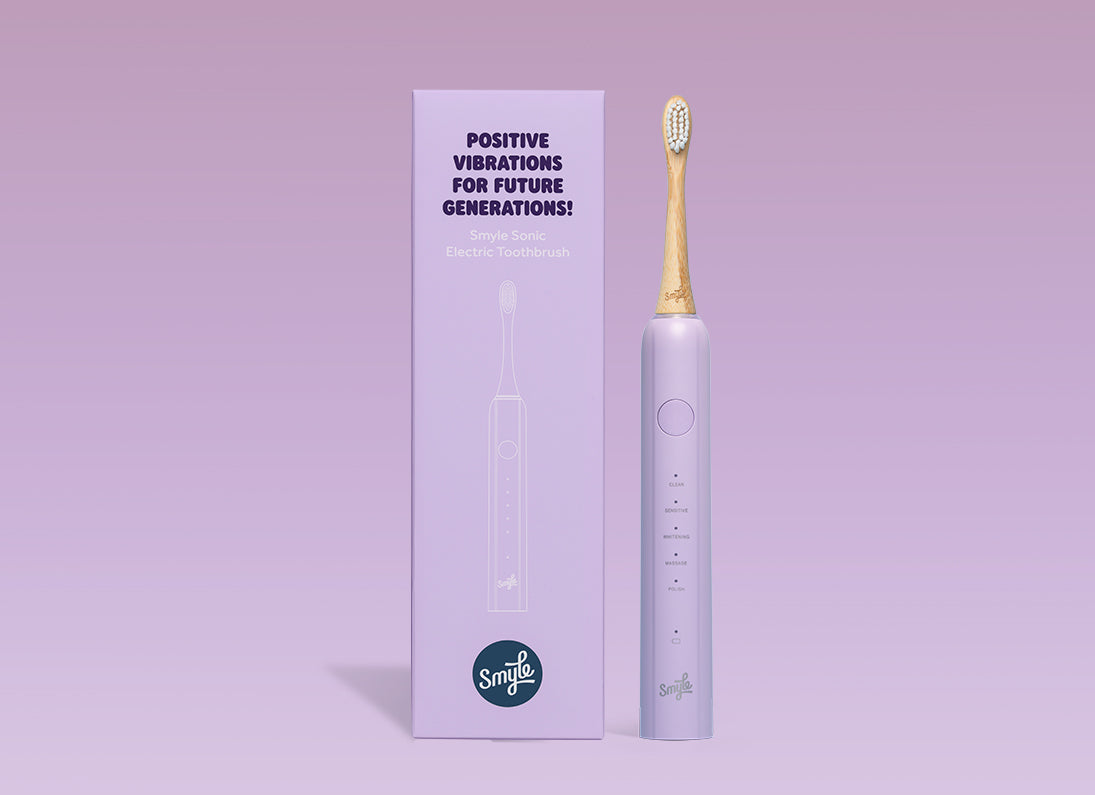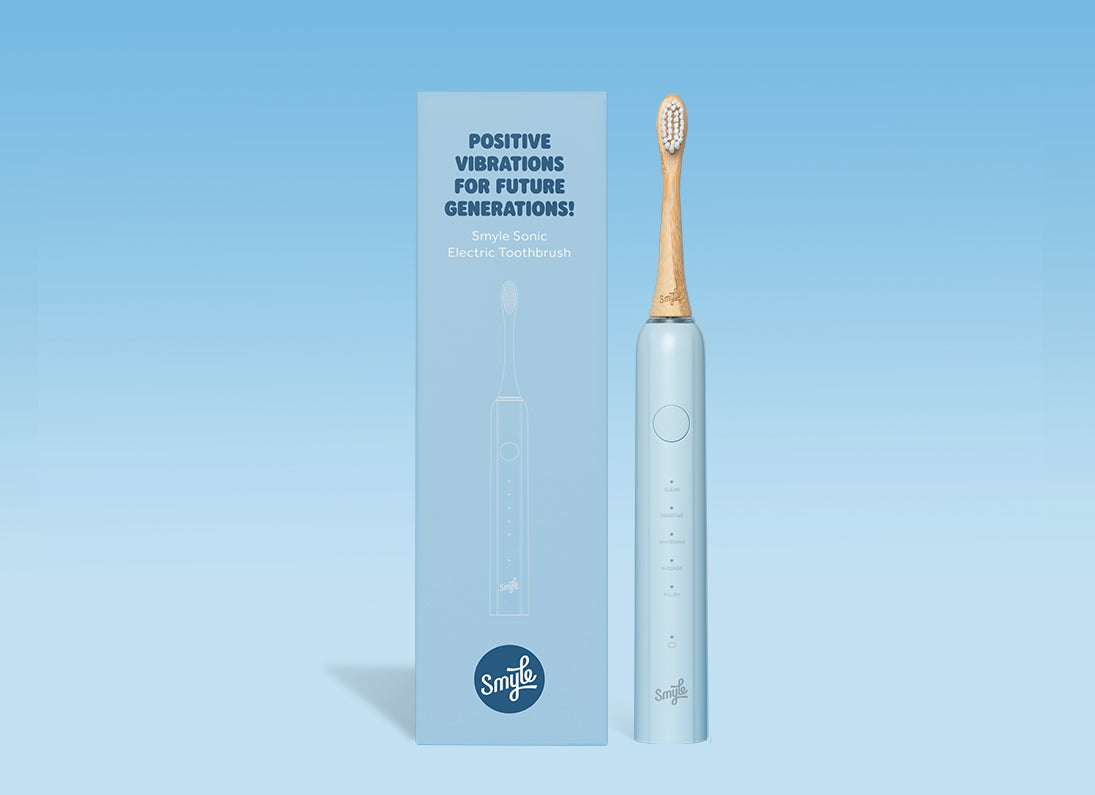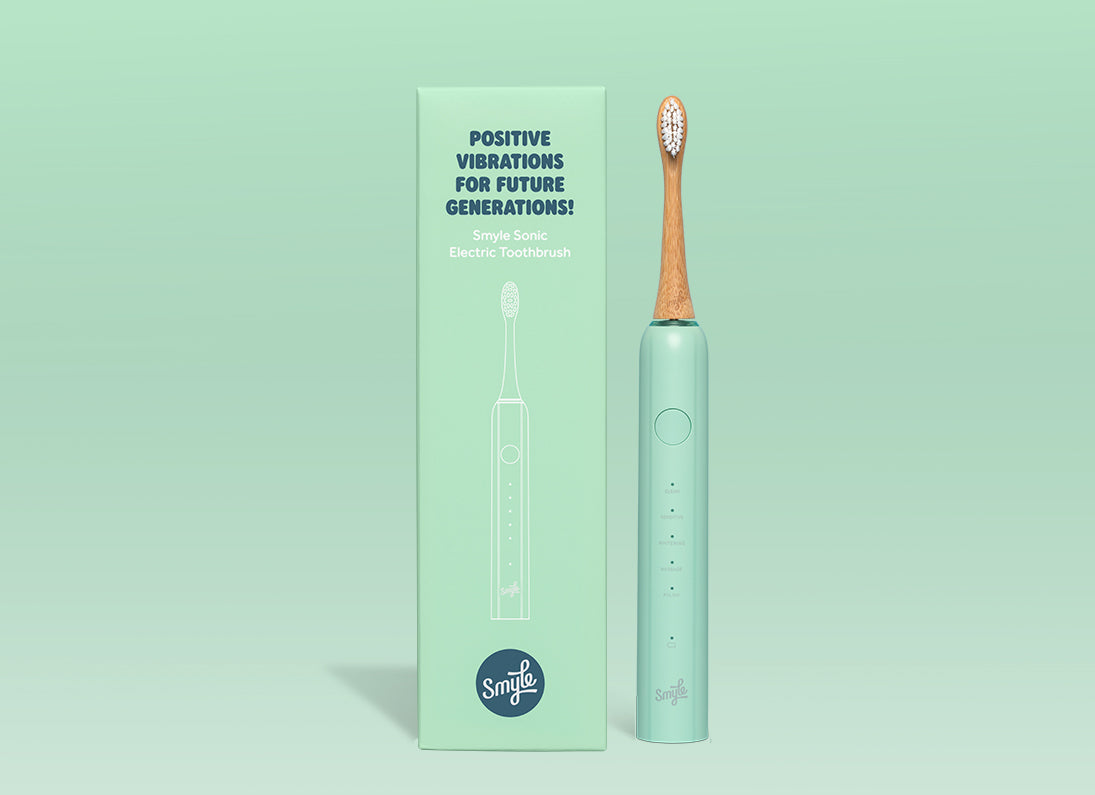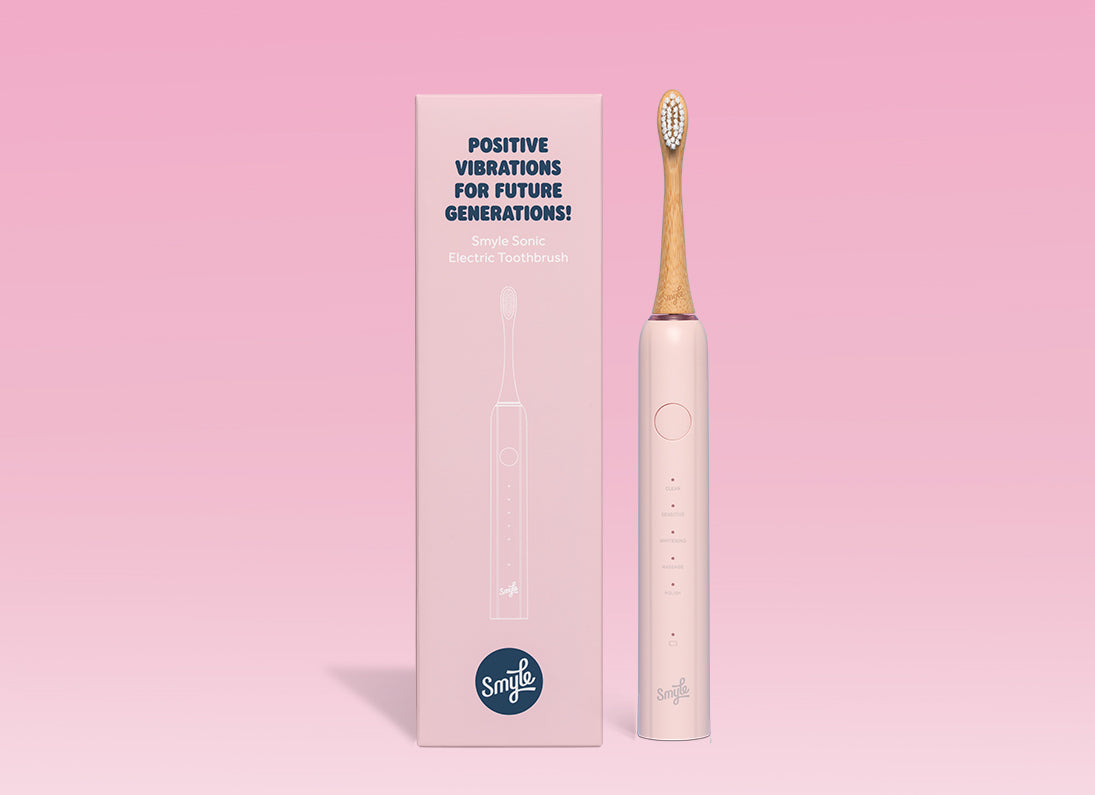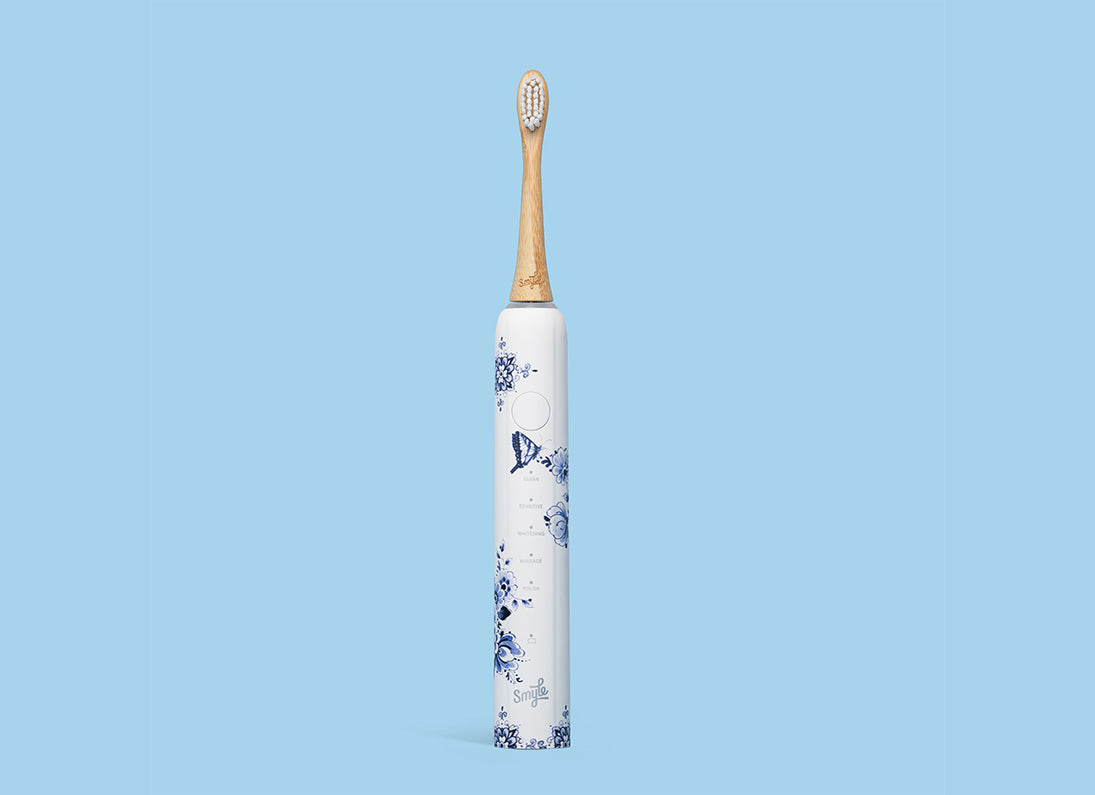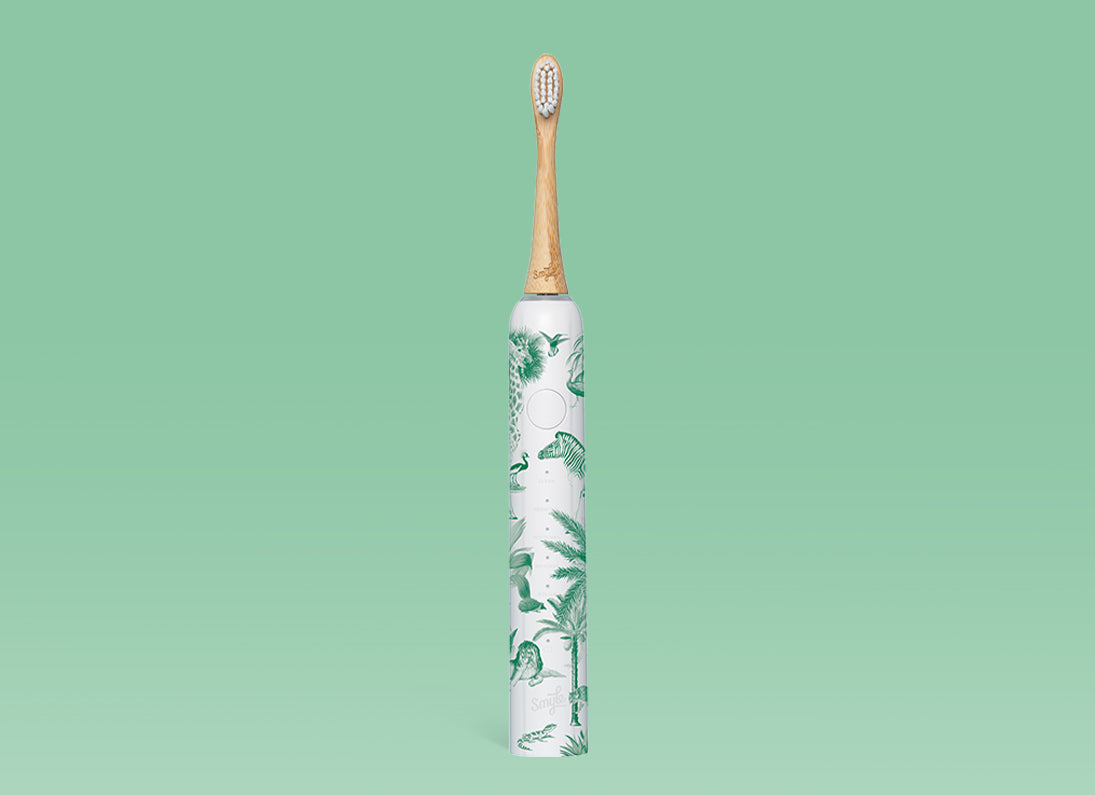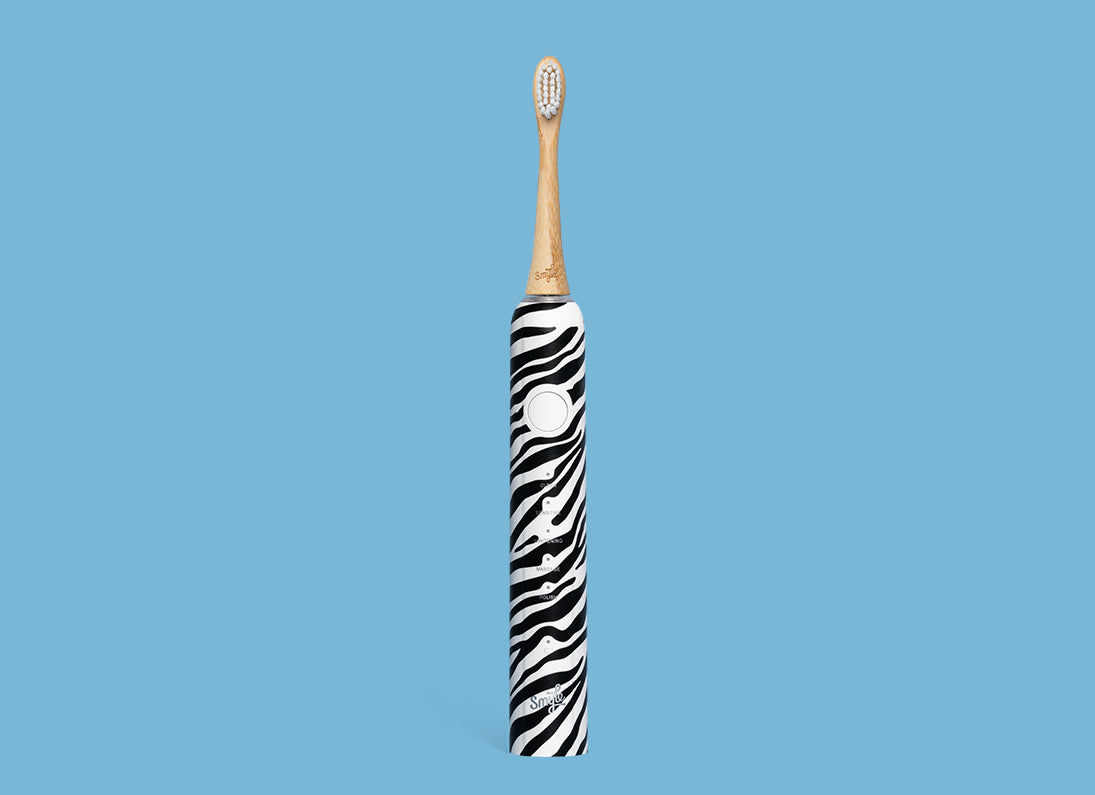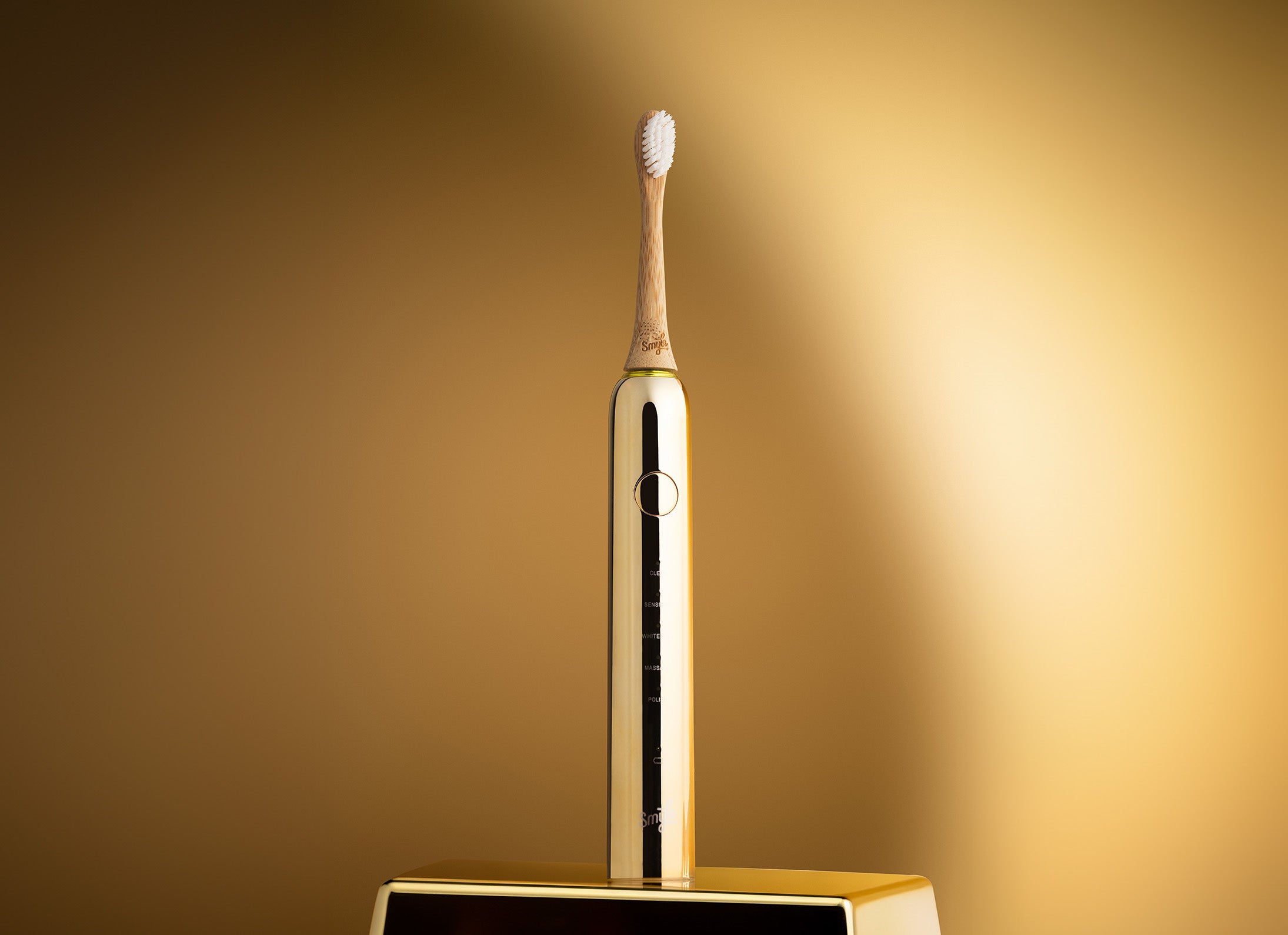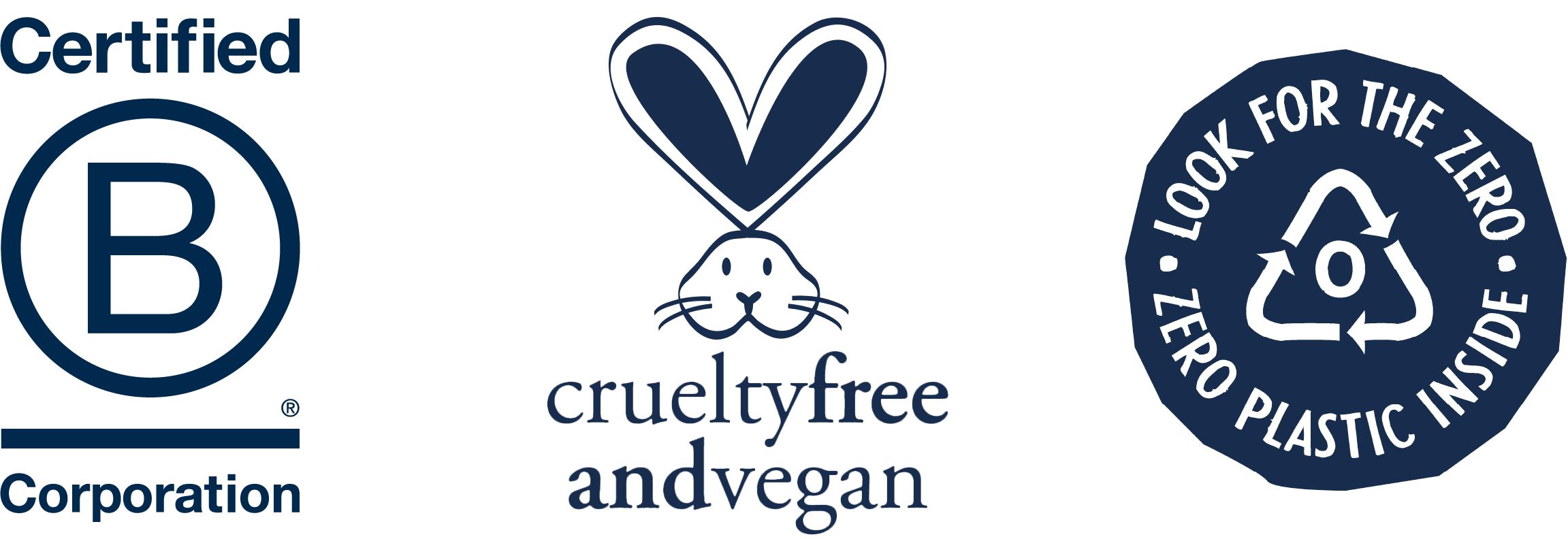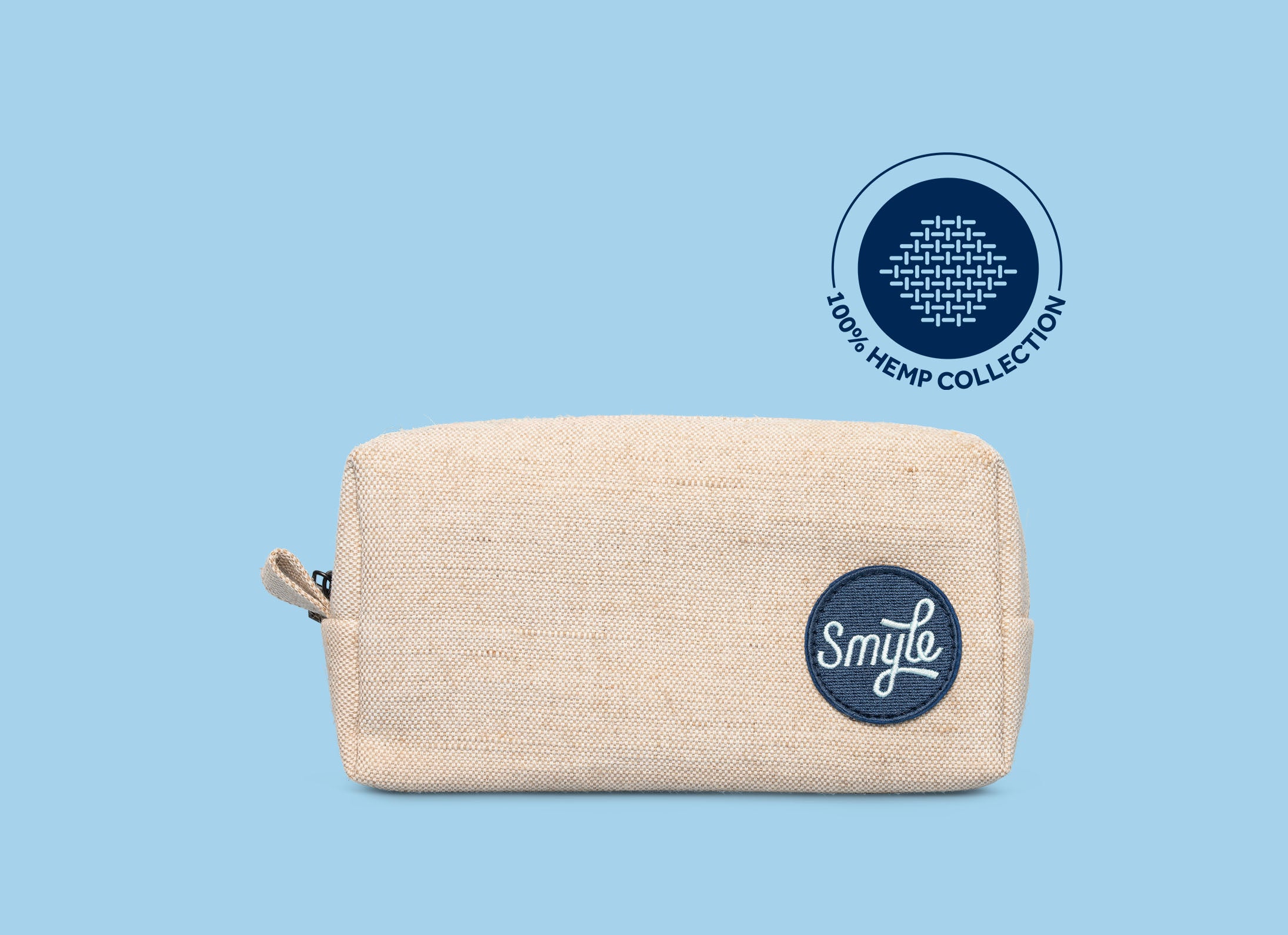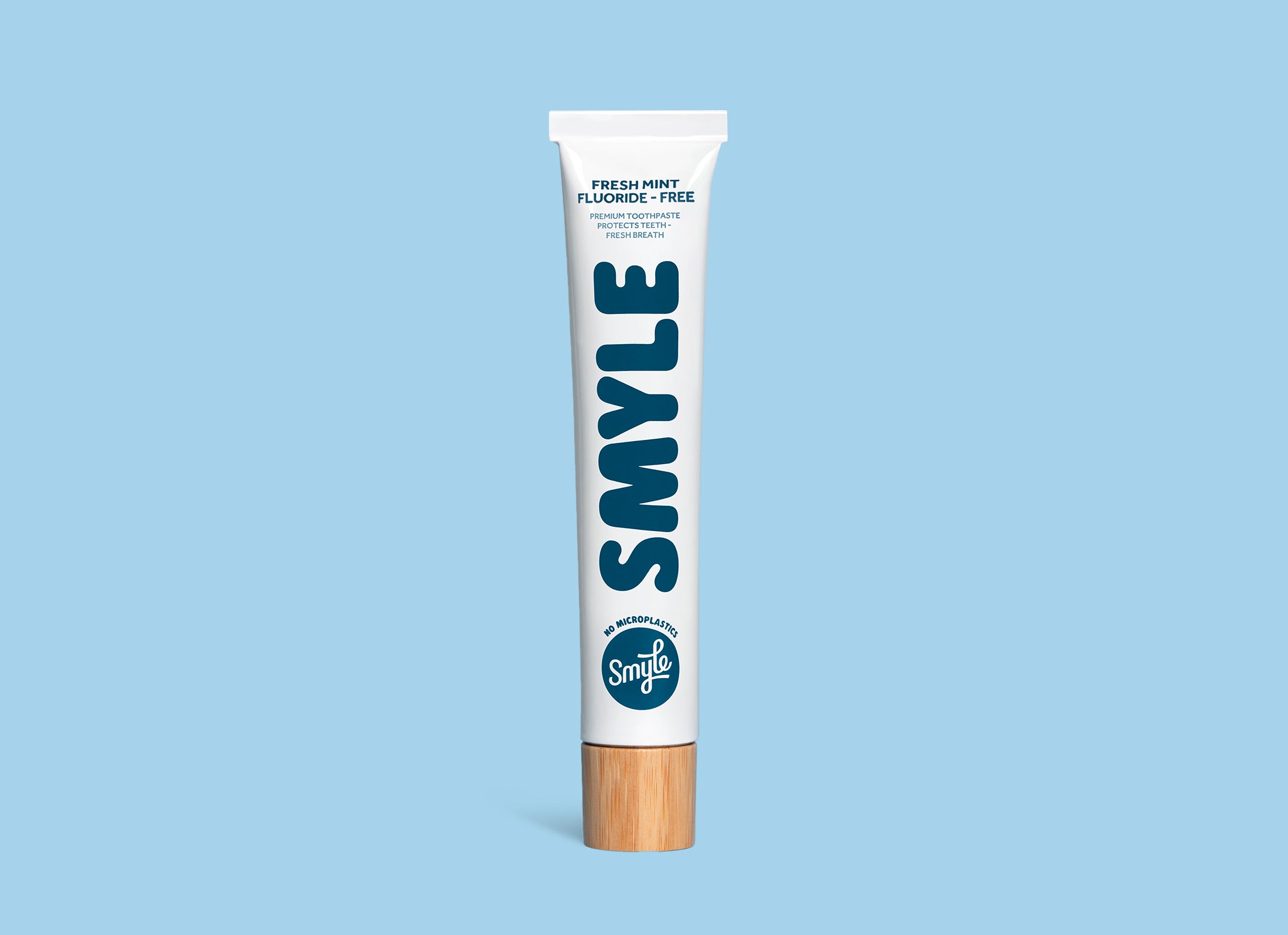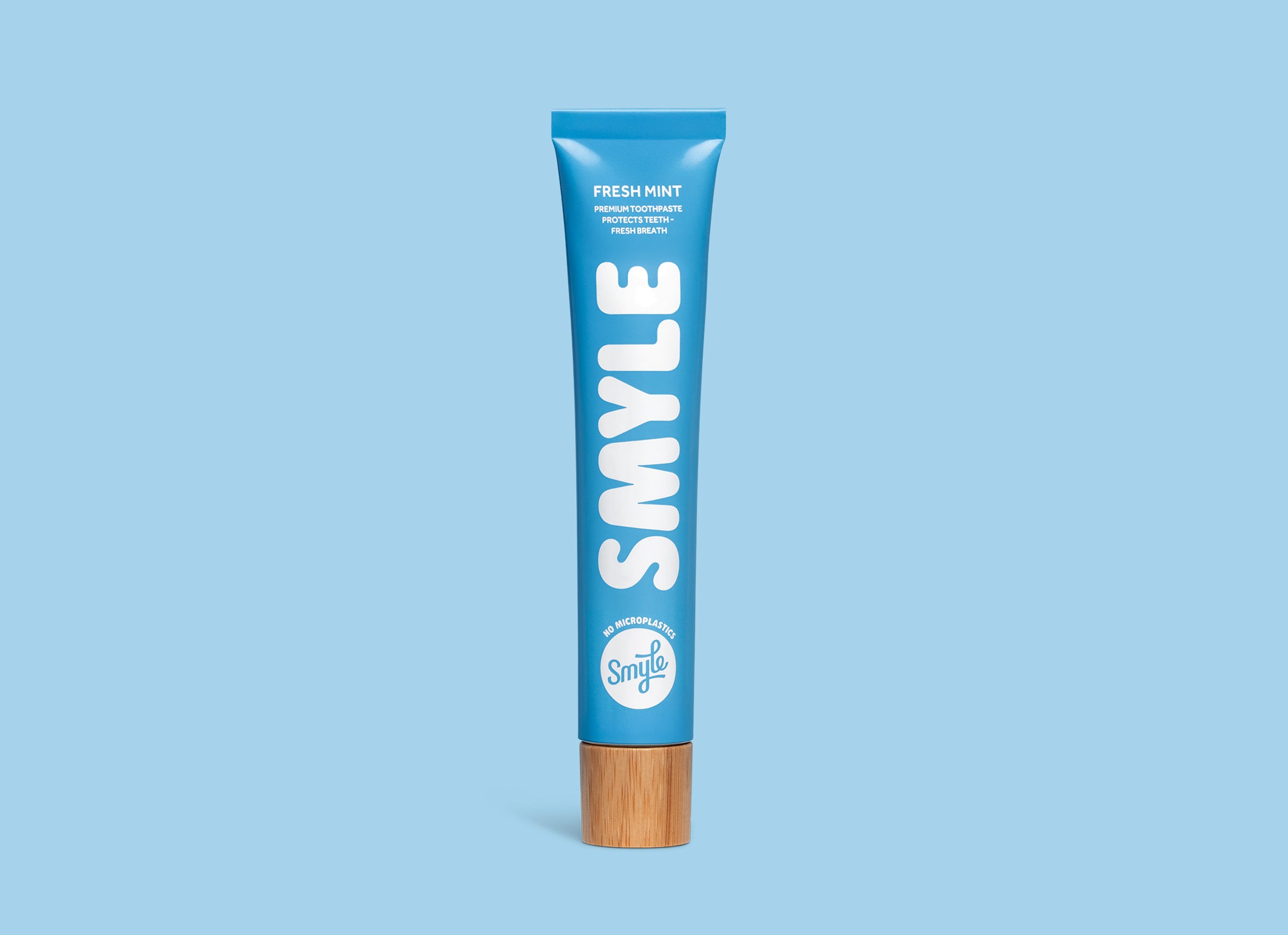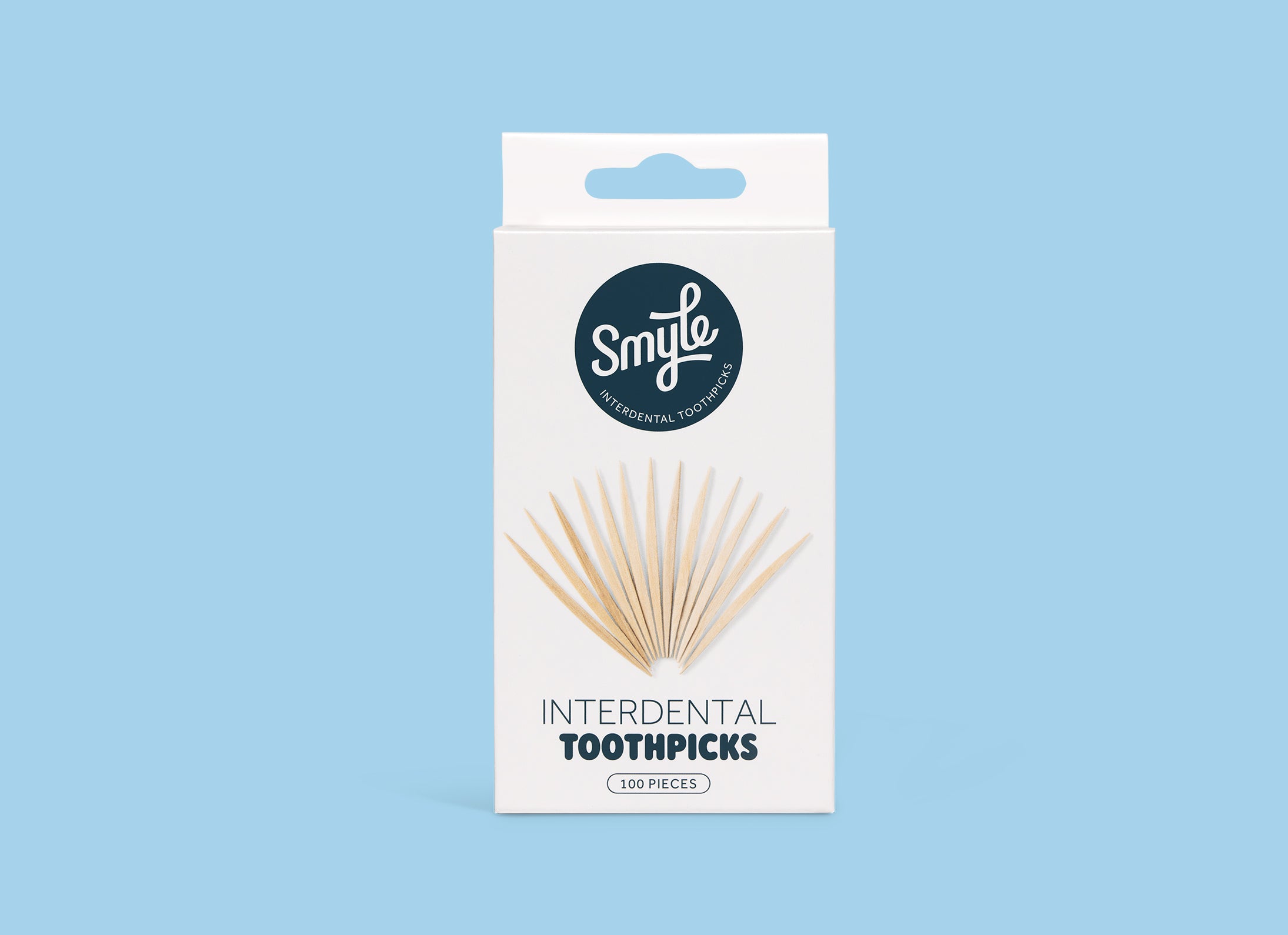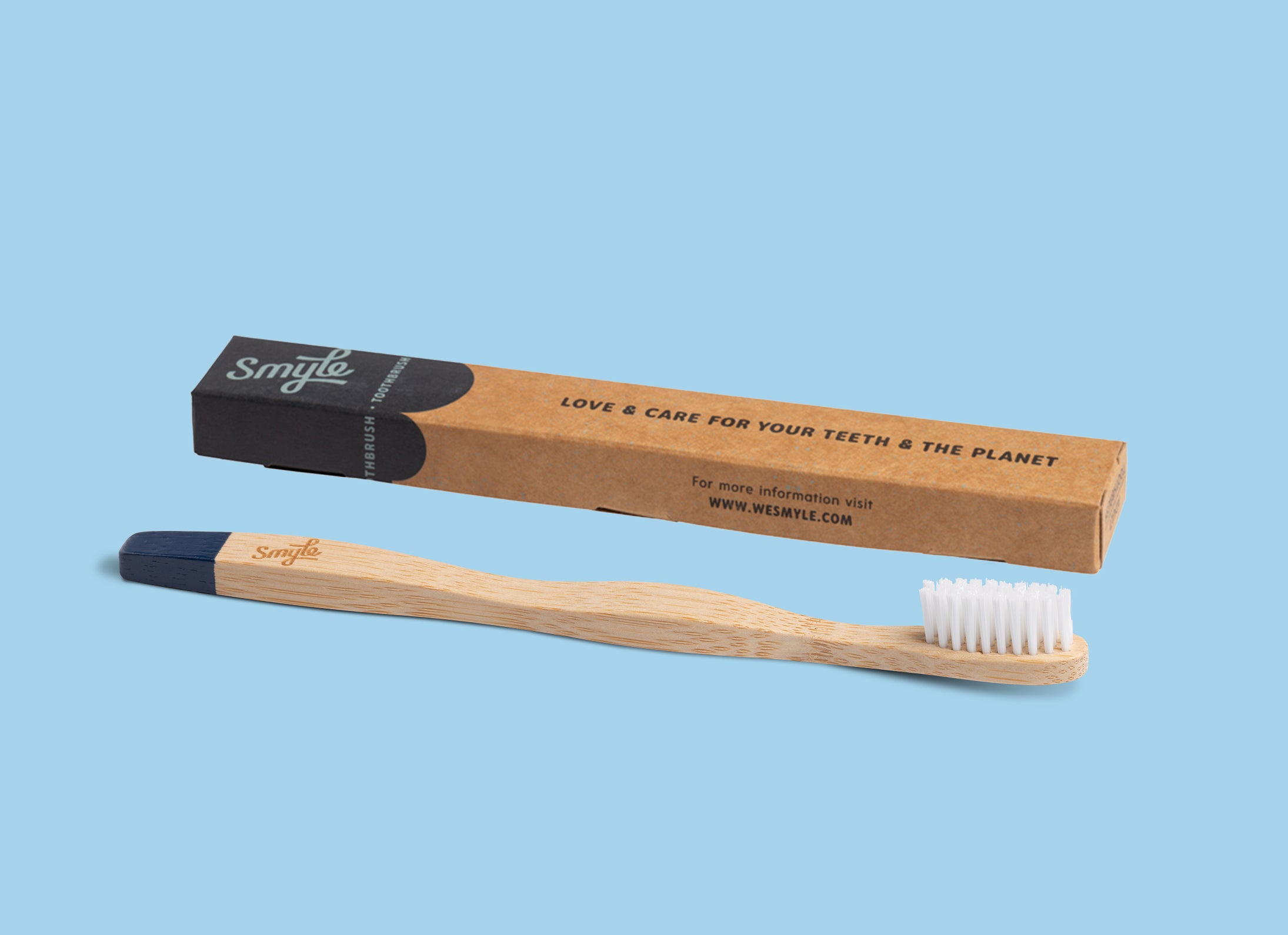
Mouthwash is an important part of our daily oral hygiene, but when choosing the right type, one question often arises: with or without alcohol?
It’s a dilemma many people face. In this blog post, we’ll take a closer look at the topic and explore the advantages and disadvantages of both alcohol-based and alcohol-free mouthwashes. By understanding these two options better, you’ll be able to make an informed choice and find the formula that best suits your needs.
What Is Mouthwash?
Mouthwash is used by swishing it around in the mouth and then spitting it out. While it may seem unnecessary to some, it actually plays an important role in oral care. Mouthwash helps kill harmful bacteria and reaches areas in the mouth that are difficult to clean with a toothbrush.
Most mouthwashes contain essential oils like menthol and eucalyptol, which give you fresh breath—who wouldn’t love that?
Mouthwash can also help protect tooth enamel, thanks to ingredients like fluoride, which reduces plaque, strengthens enamel, and protects against acids.
You’ll find dozens of varieties of mouthwash in nearly every supermarket or drugstore.
Alcohol-Based Mouthwash
Alcohol-based mouthwash certainly has its benefits. It helps improve oral hygiene by killing bacteria and reducing plaque. It also provides a refreshing, clean feeling and combats bad breath.
However, like with some conventional toothpastes, not all mouthwashes are equally good for your oral health. The alcohol content can kill not only harmful bacteria but also beneficial ones.
Additionally, some mainstream brands contain potentially harmful ingredients like saccharin, chlorhexidine, triclosan, and parabens—and let’s not forget the worst offender: microplastics.
Alcohol-Free Mouthwash
Alcohol-free mouthwash offers several advantages compared to its alcohol-based counterpart. One of the main benefits is that it is generally milder and less irritating to the gums and oral mucosa.
This makes it suitable for people with sensitive mouths, or those dealing with canker sores or irritations.
It’s also a better option for children, as it doesn’t cause the burning sensation that alcohol-based formulas sometimes do. Additionally, it’s ideal for those who are sensitive to the drying effects of alcohol.
However, since alcohol acts as a disinfectant, alcohol-free mouthwash may be less effective at killing bacteria. This can be a disadvantage for people who are at higher risk of gum disease or persistent bad breath.
Some alcohol-free options may also lack the intense freshness or long-lasting clean feeling that alcohol-based products can deliver.
That’s why it’s important to weigh your personal needs and goals when choosing between the two.
Overall, alcohol-free mouthwash is a good choice for specific groups such as people with sensitive mouths, children, or those avoiding alcohol.
It offers gentle cleaning without the potentially irritating effects of alcohol.
For those seeking maximum antibacterial power or a more intense freshness, alcohol-based mouthwash may be preferred.
Mouthwash With or Without Alcohol?: A Matter of Personal Preference
When it comes to mouthwash, it's important to recognize that there are different types with different pros and cons.
While alcohol-based mouthwash can be more effective at fighting bacteria and reducing plaque, it can also cause dry mouth and irritation.
On the other hand, alcohol-free mouthwash is a better fit for people with sensitivities or health conditions.
That’s why it’s important to consider the pros and cons of each type and choose based on your personal needs.
Consider consulting your dentist to determine which type of mouthwash is best for you.
And remember: mouthwash is a supplement to good oral care, not a replacement.

